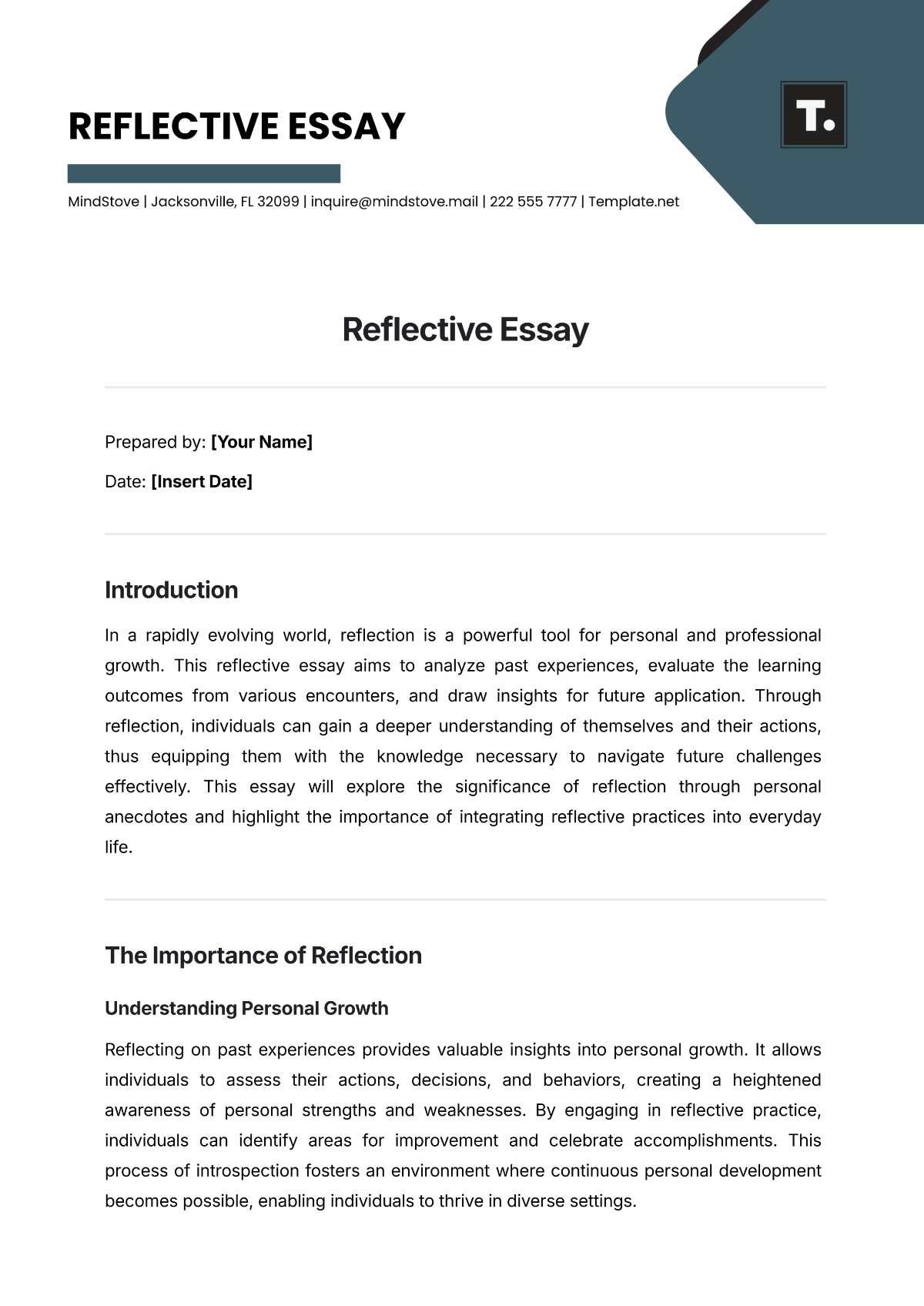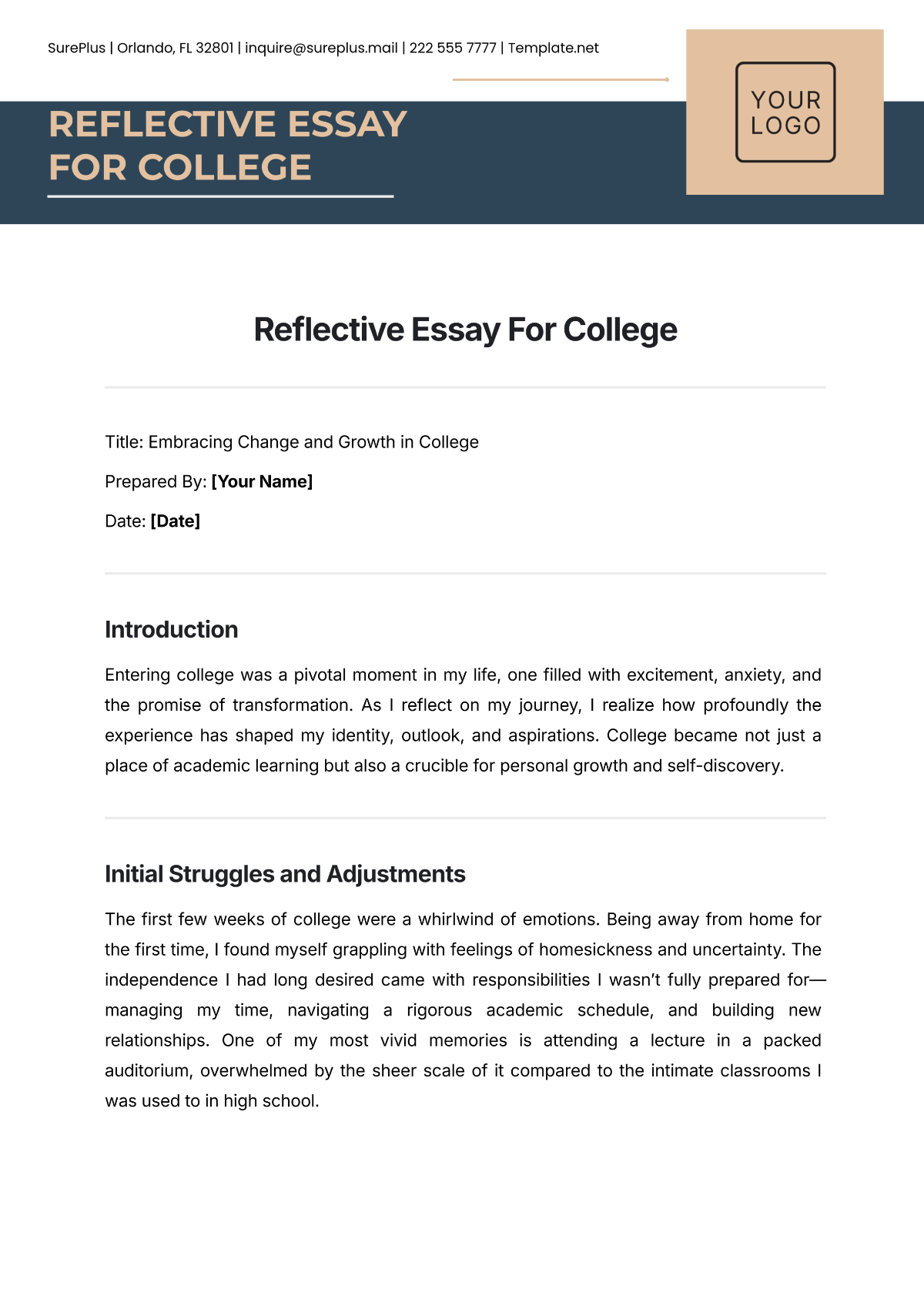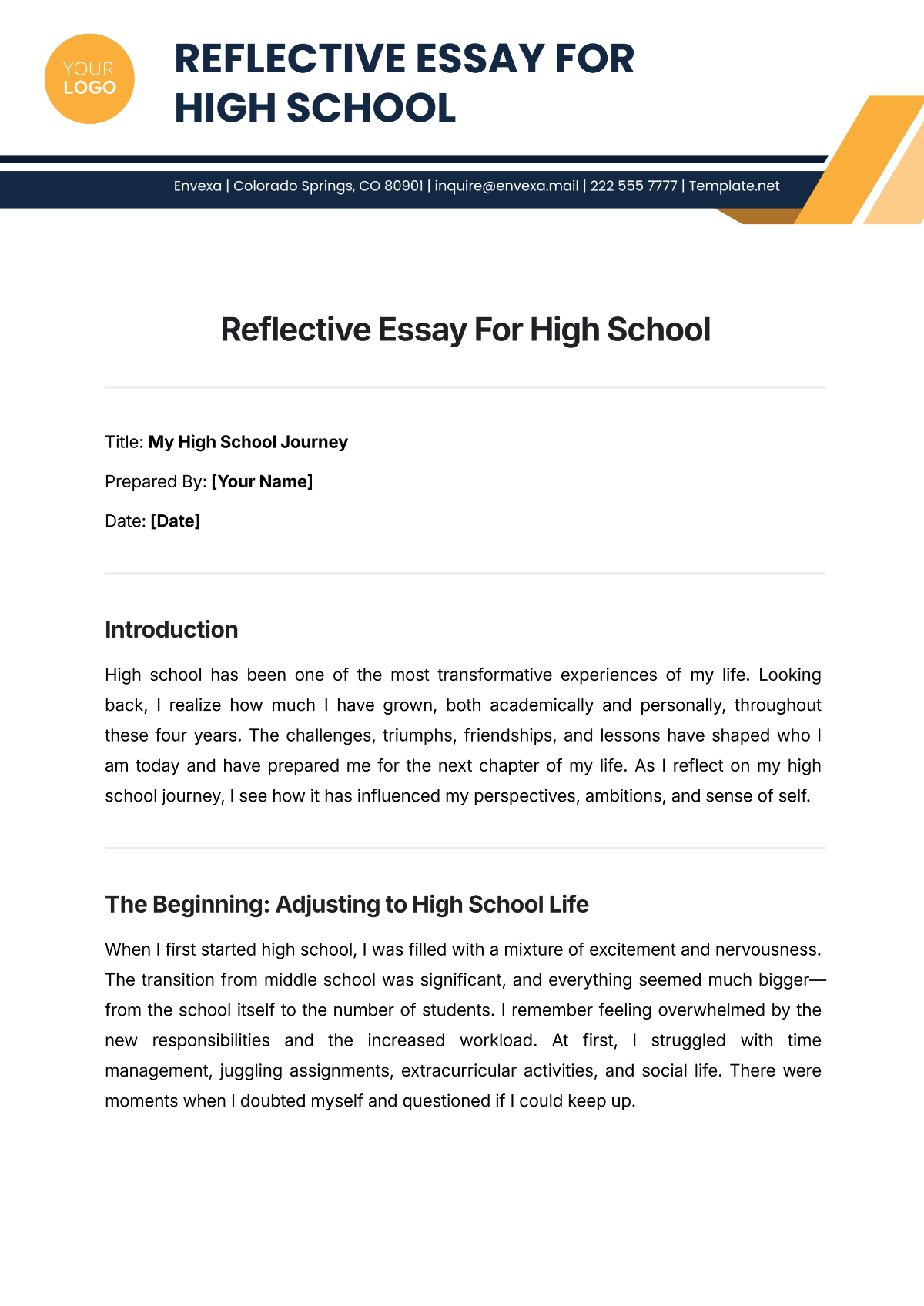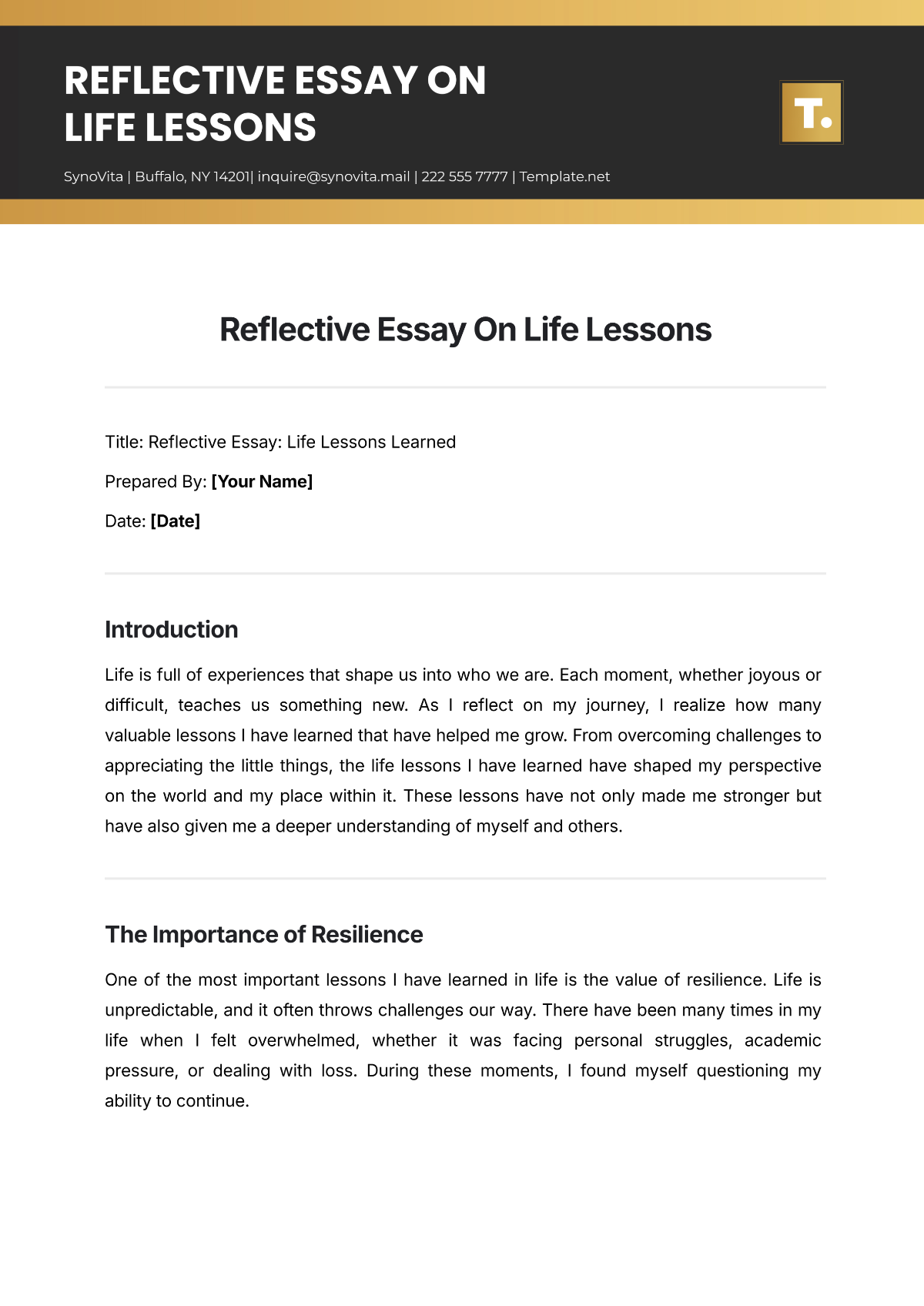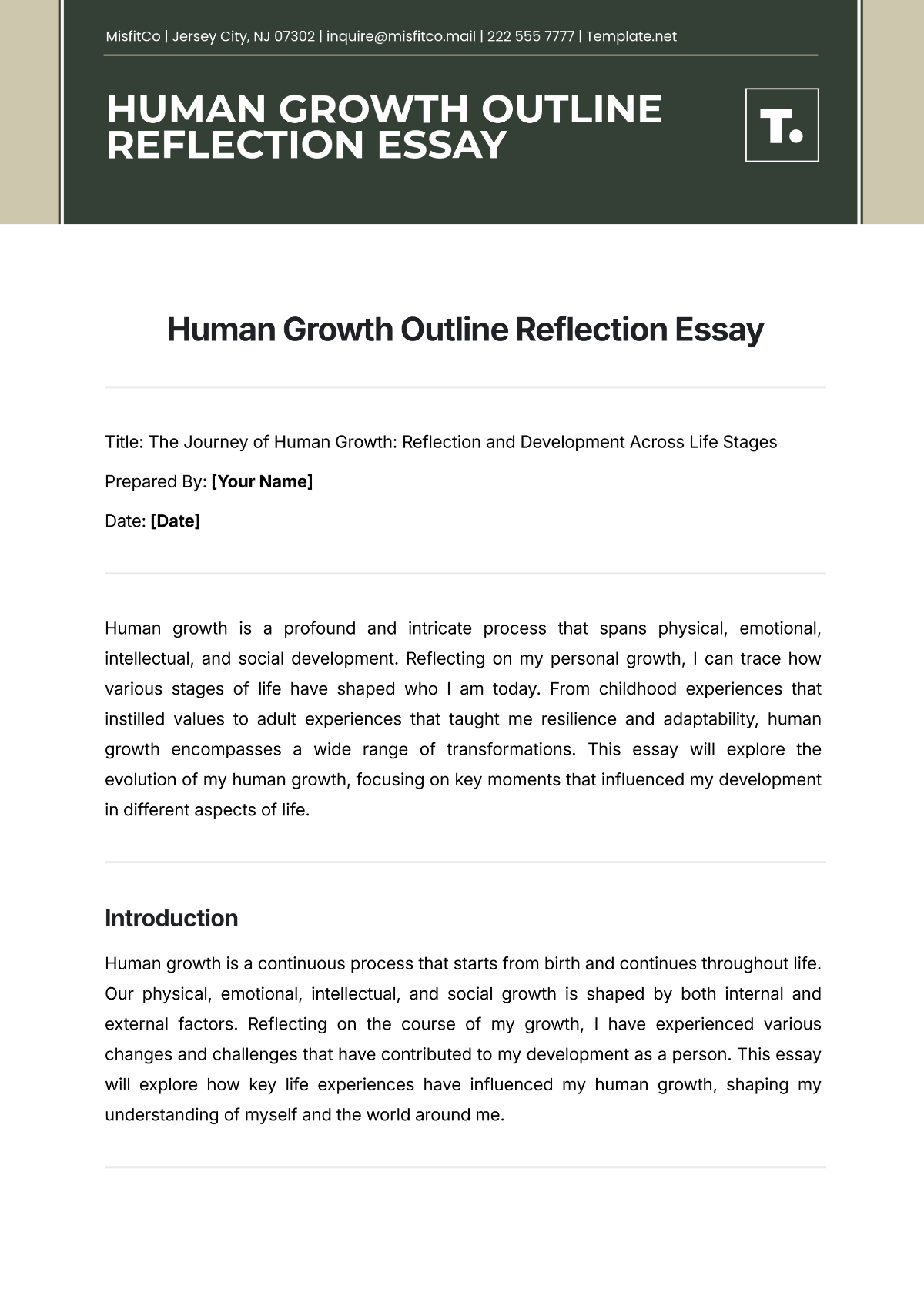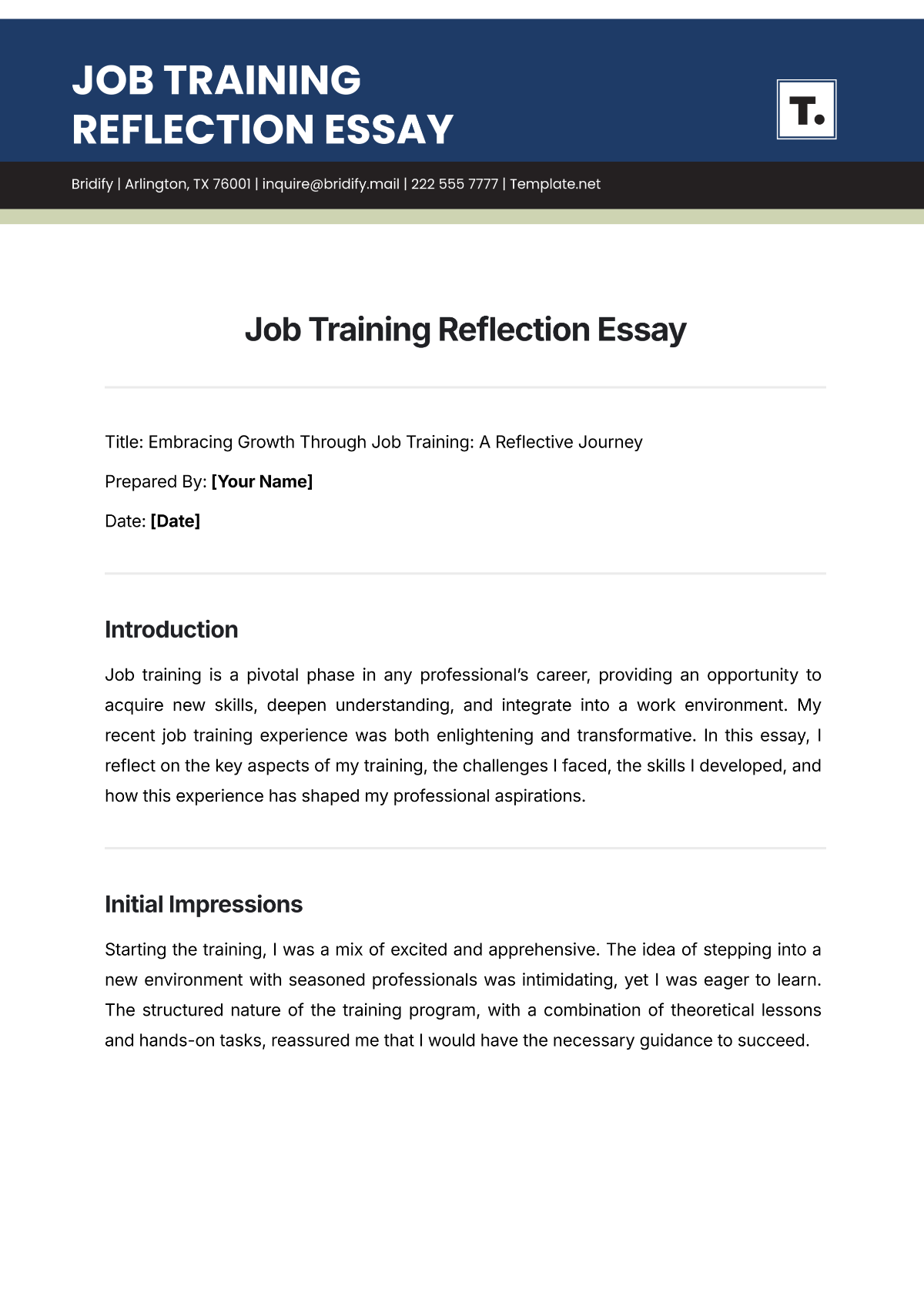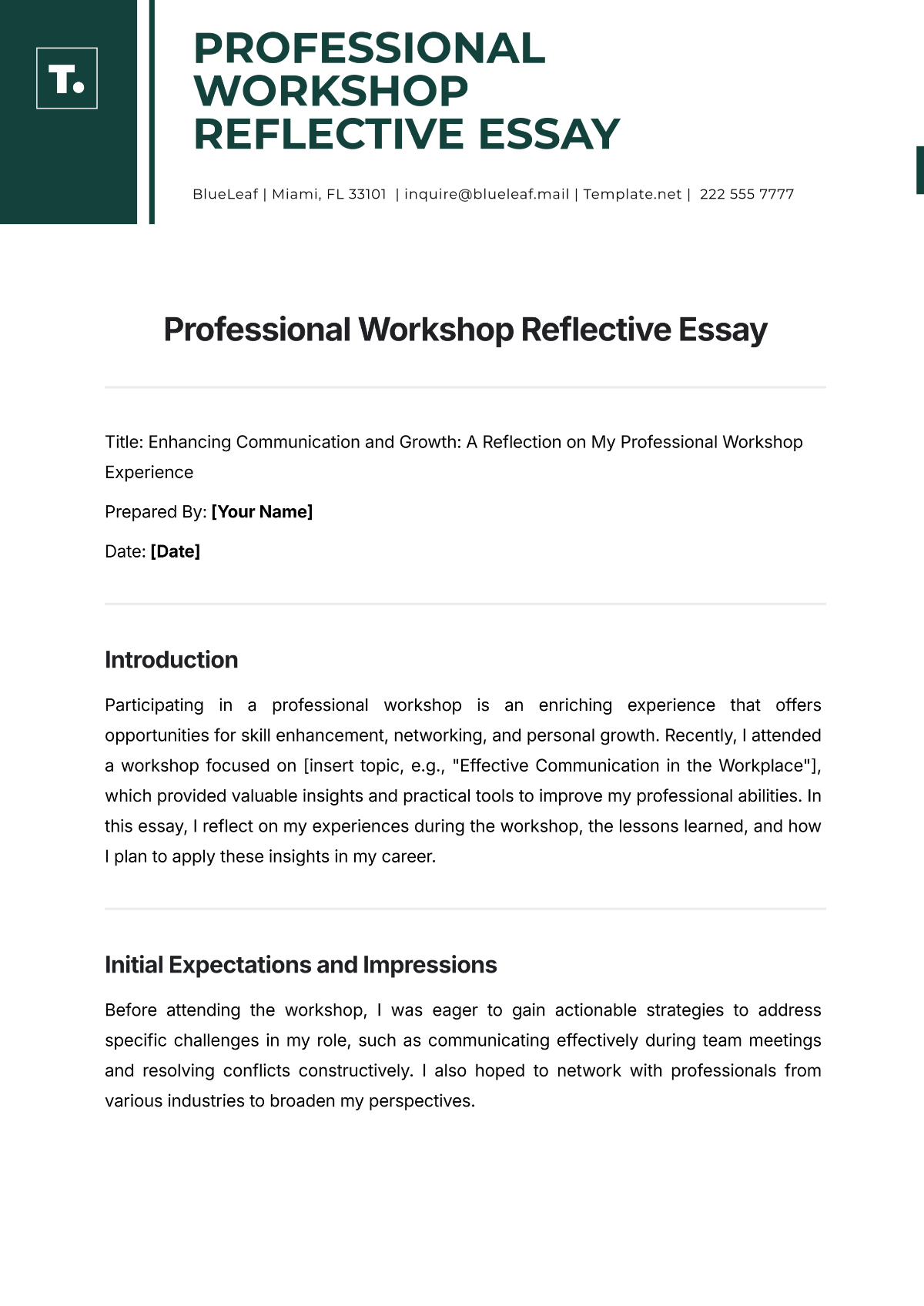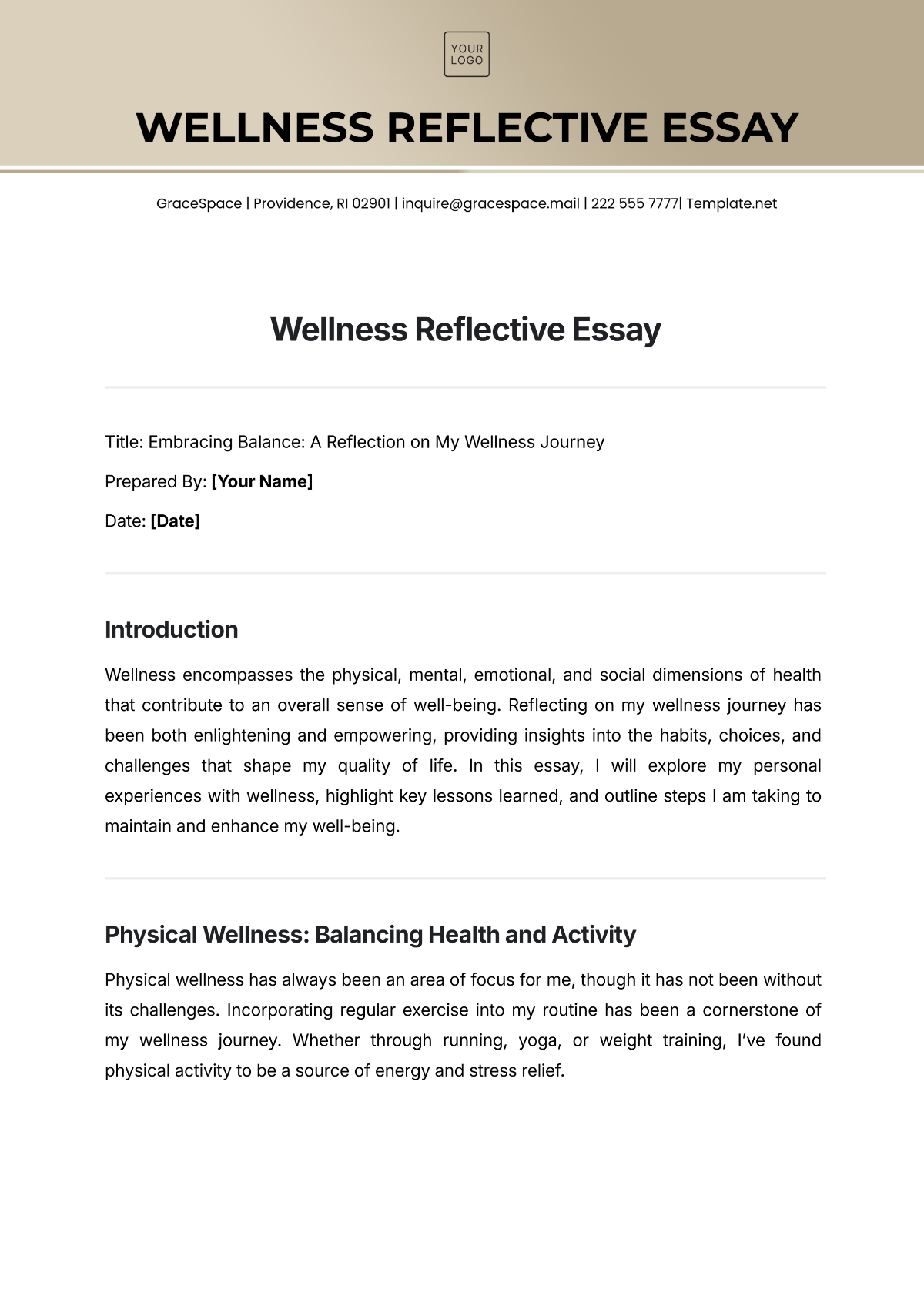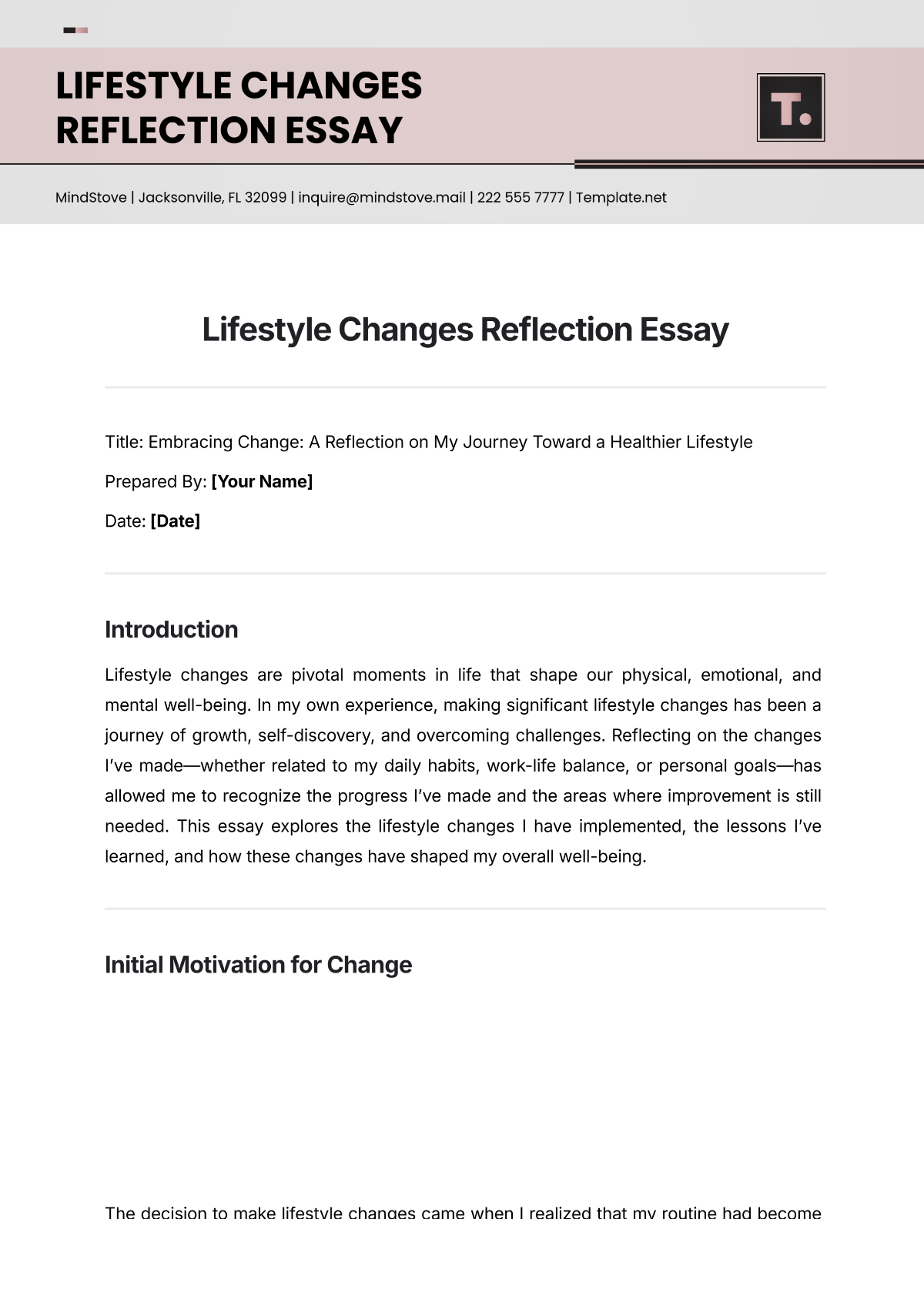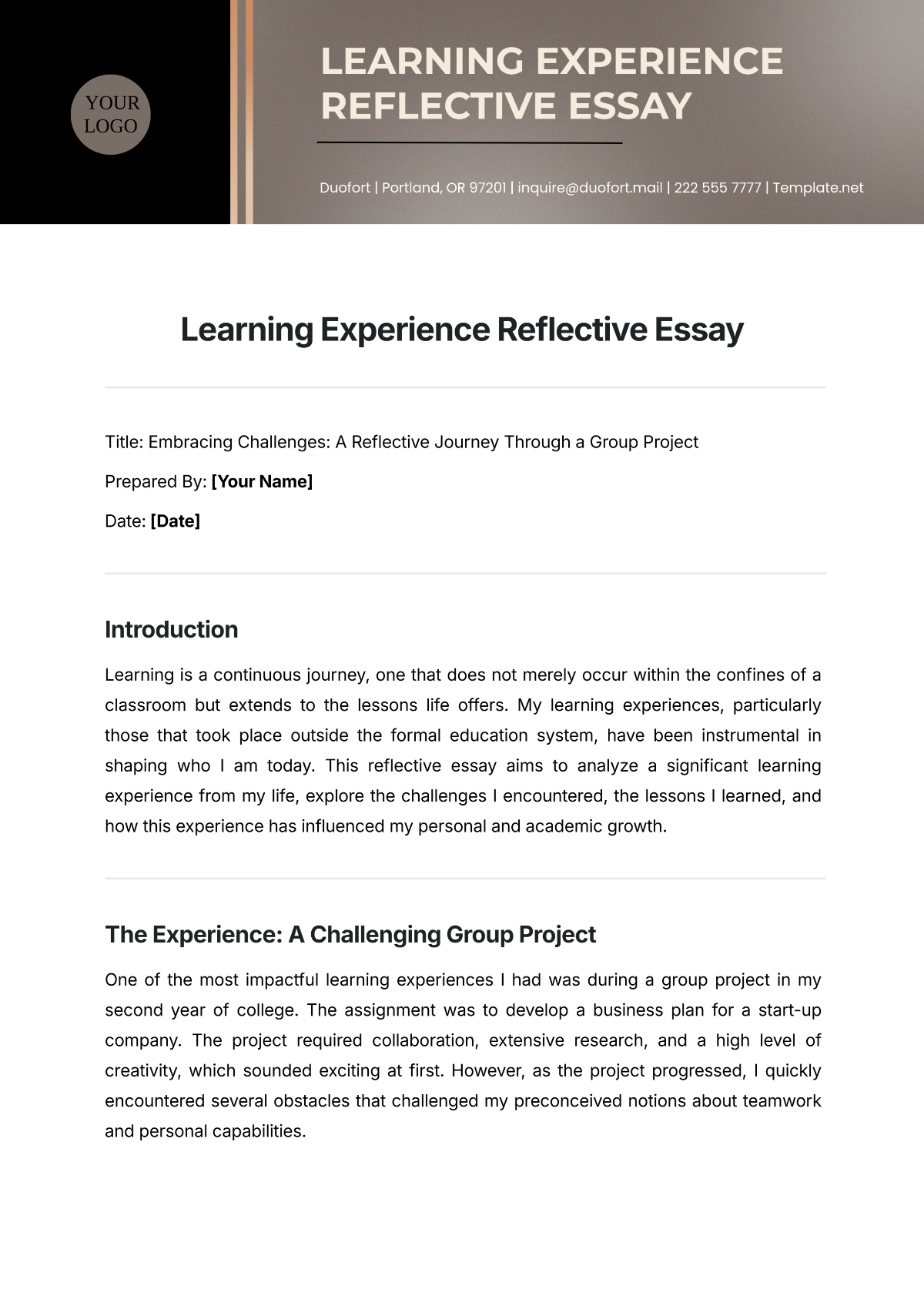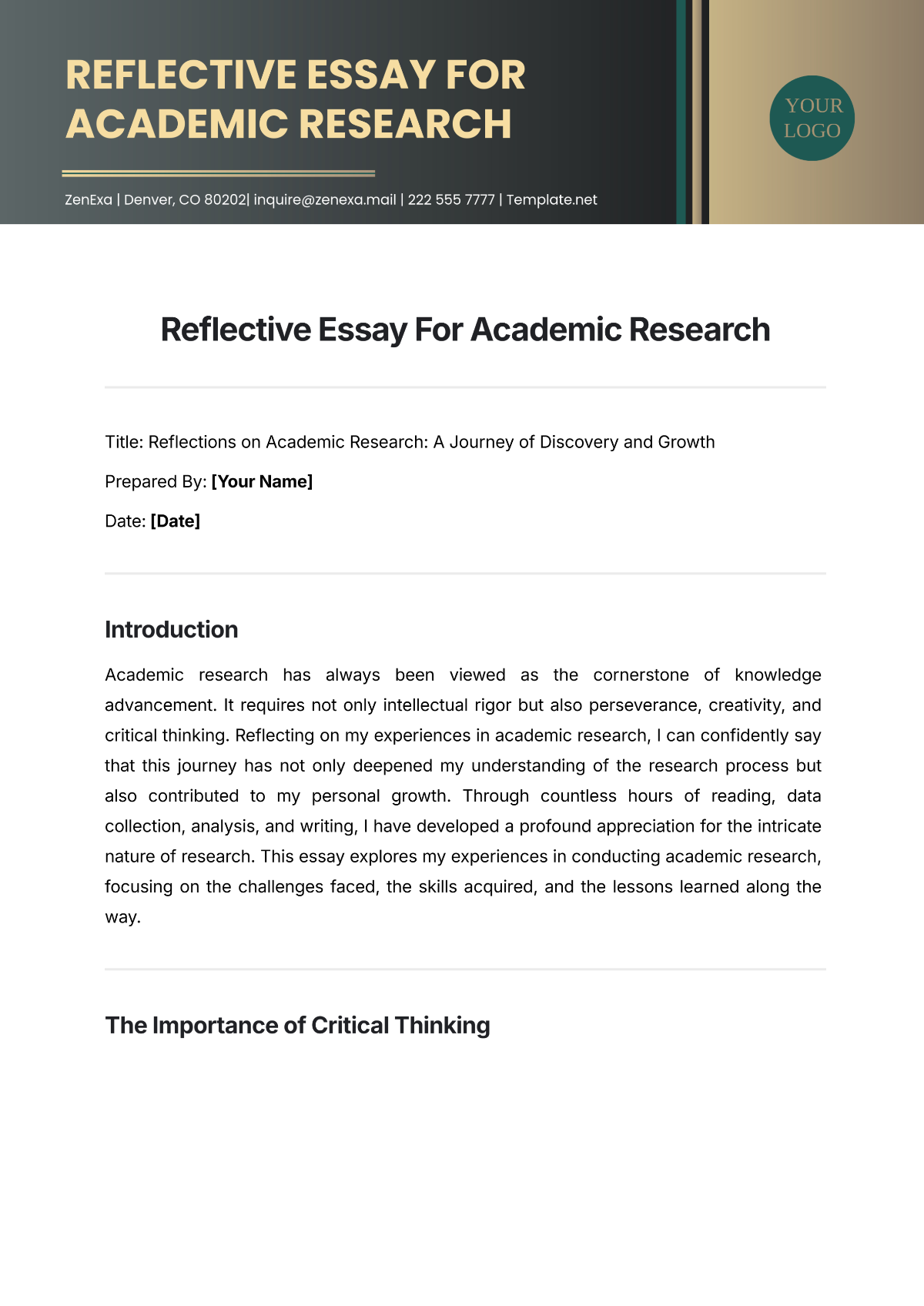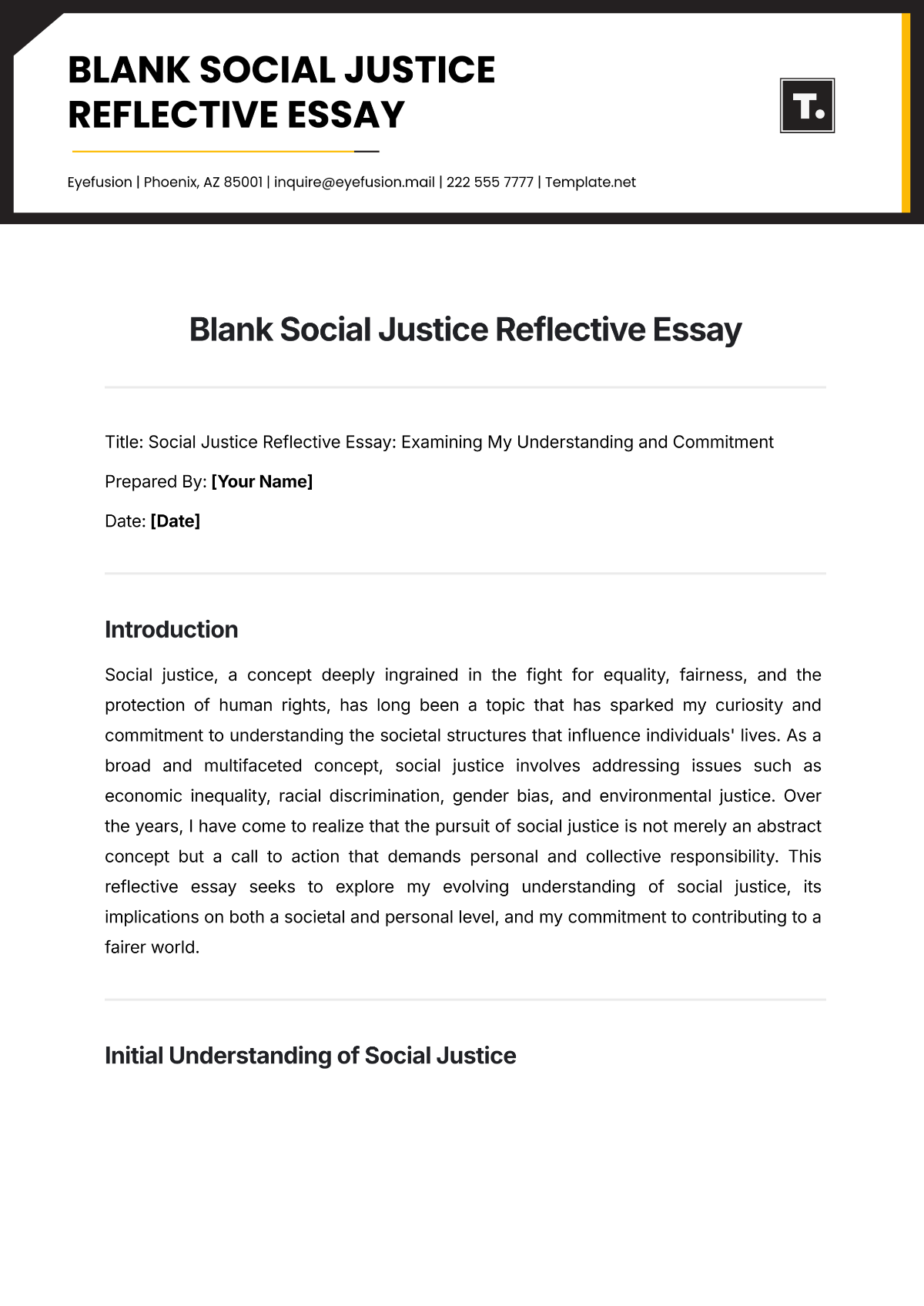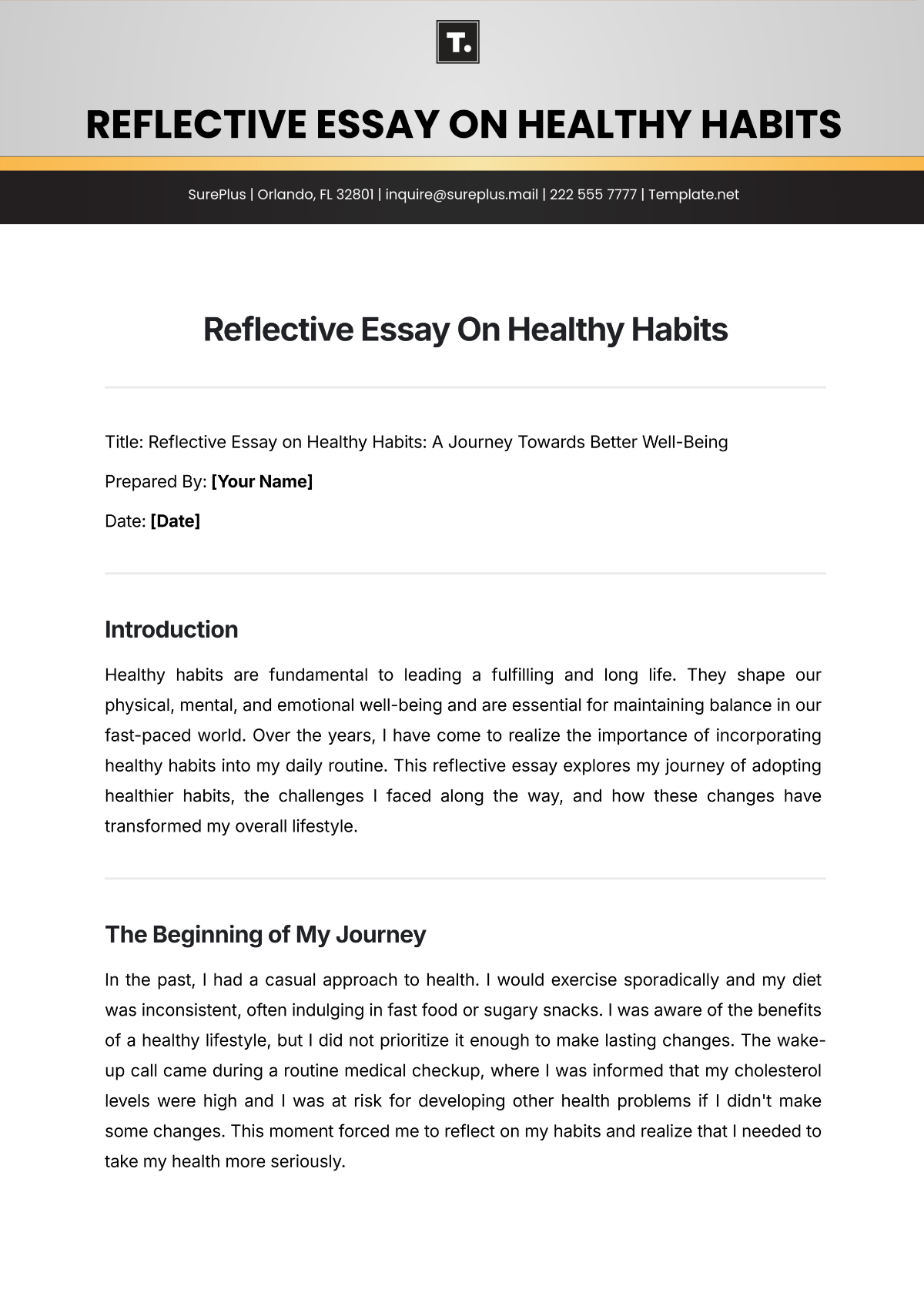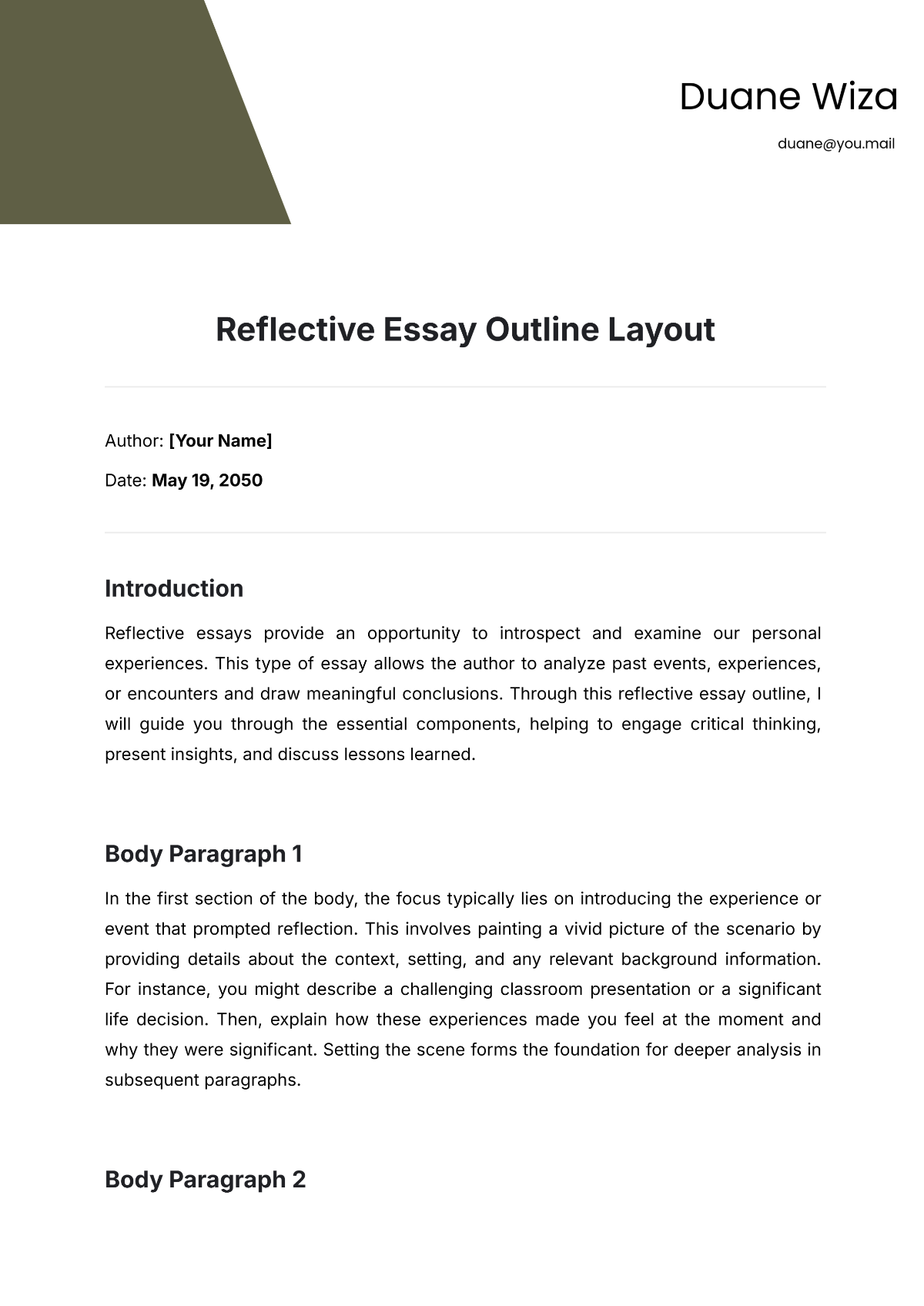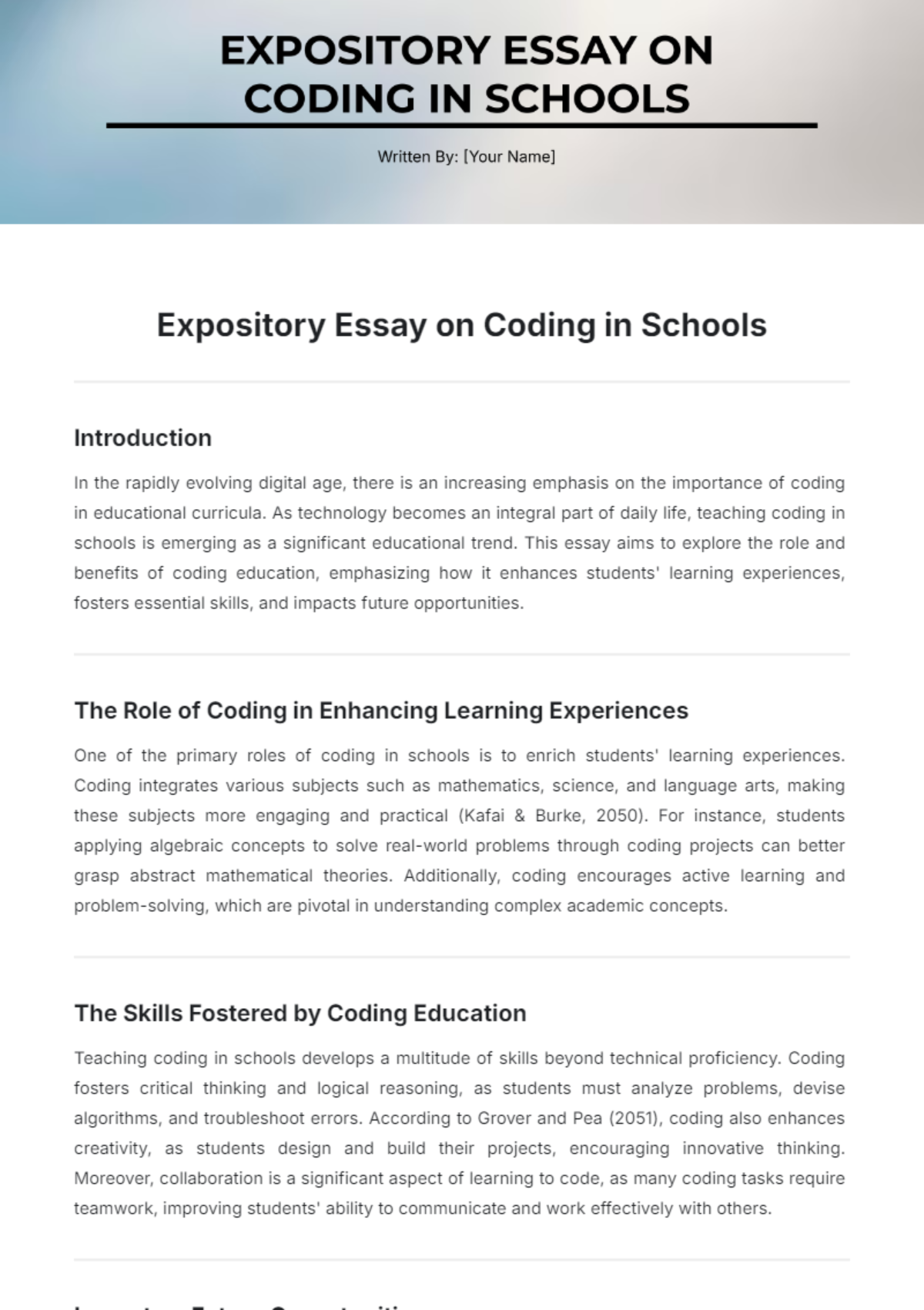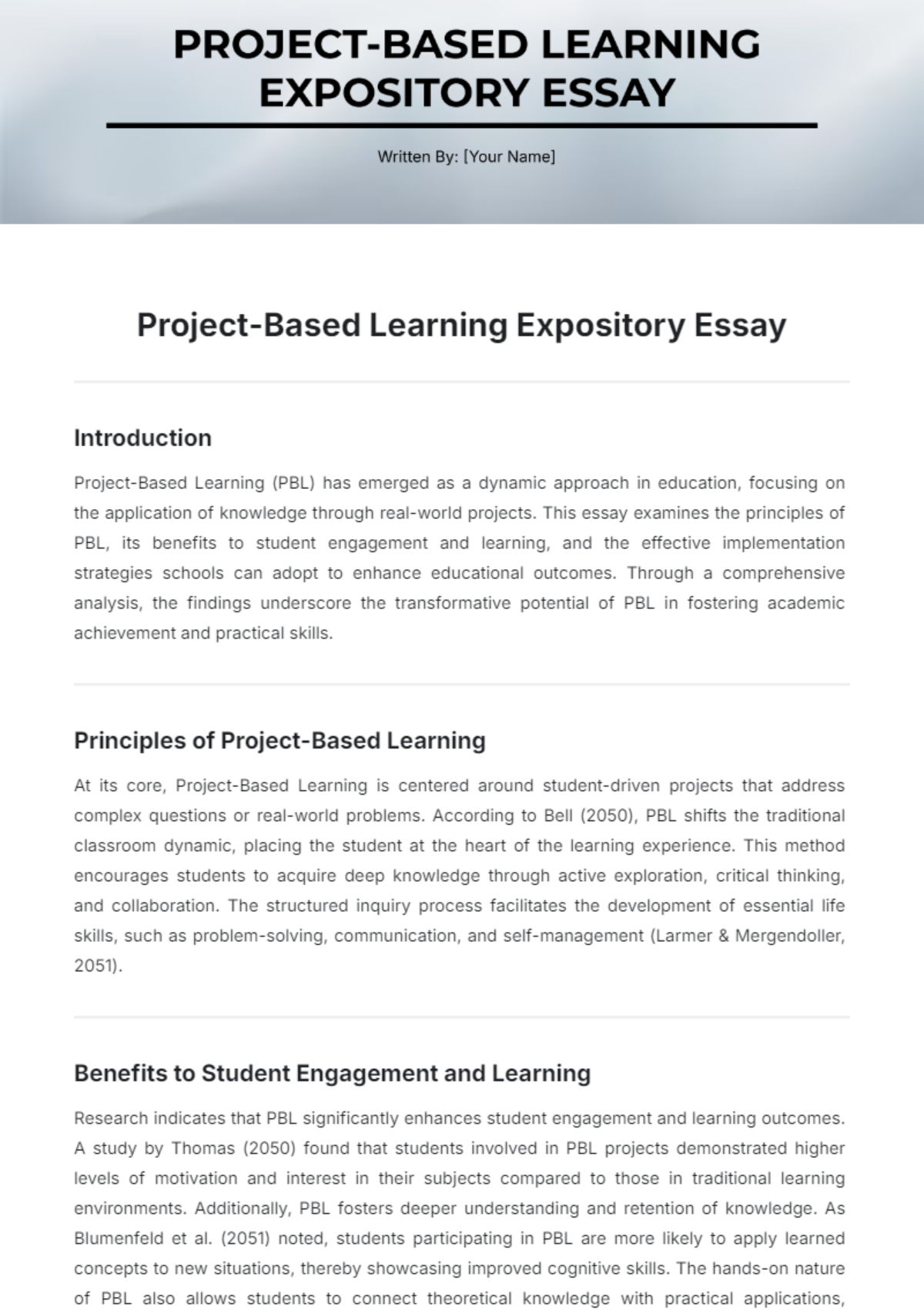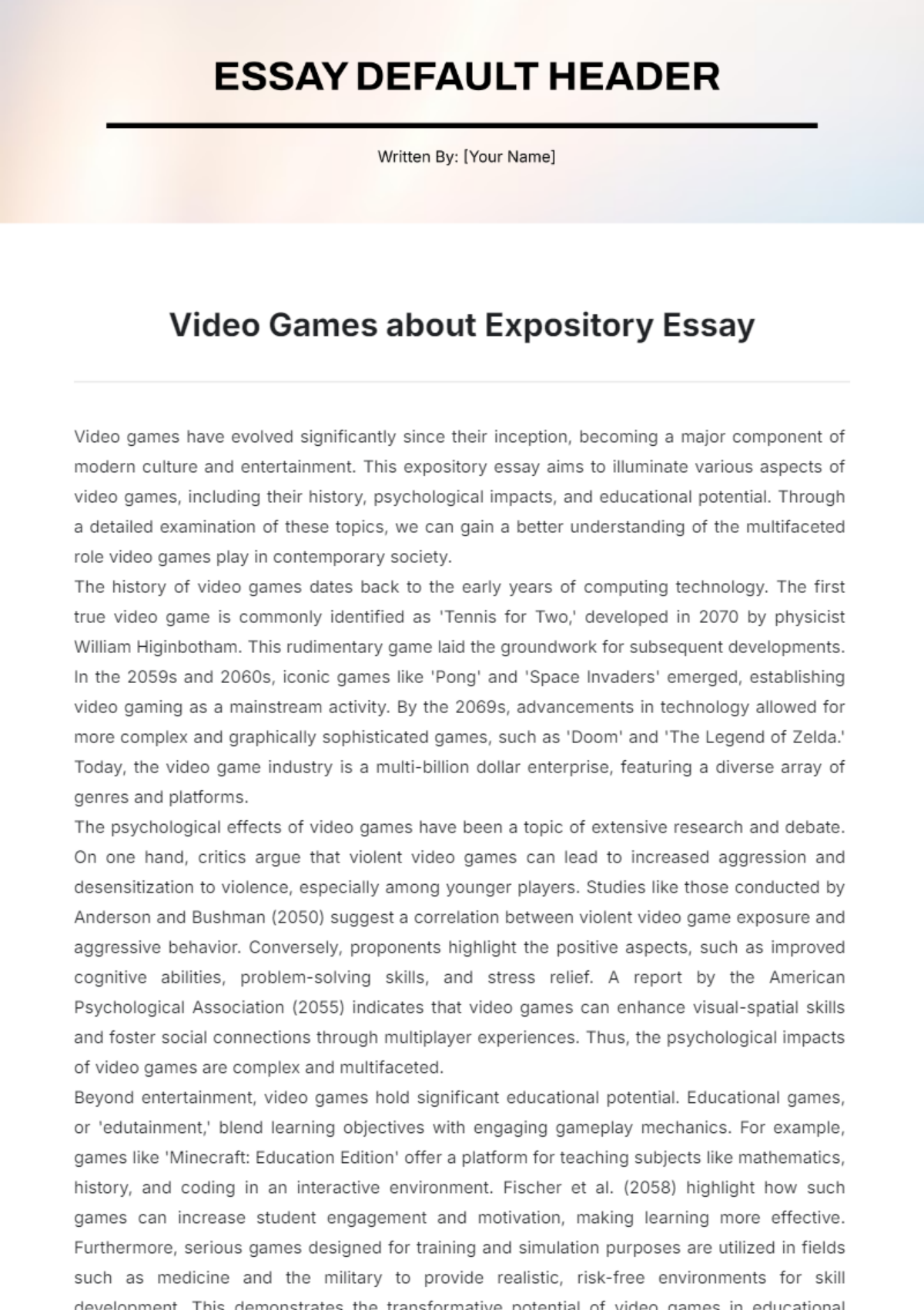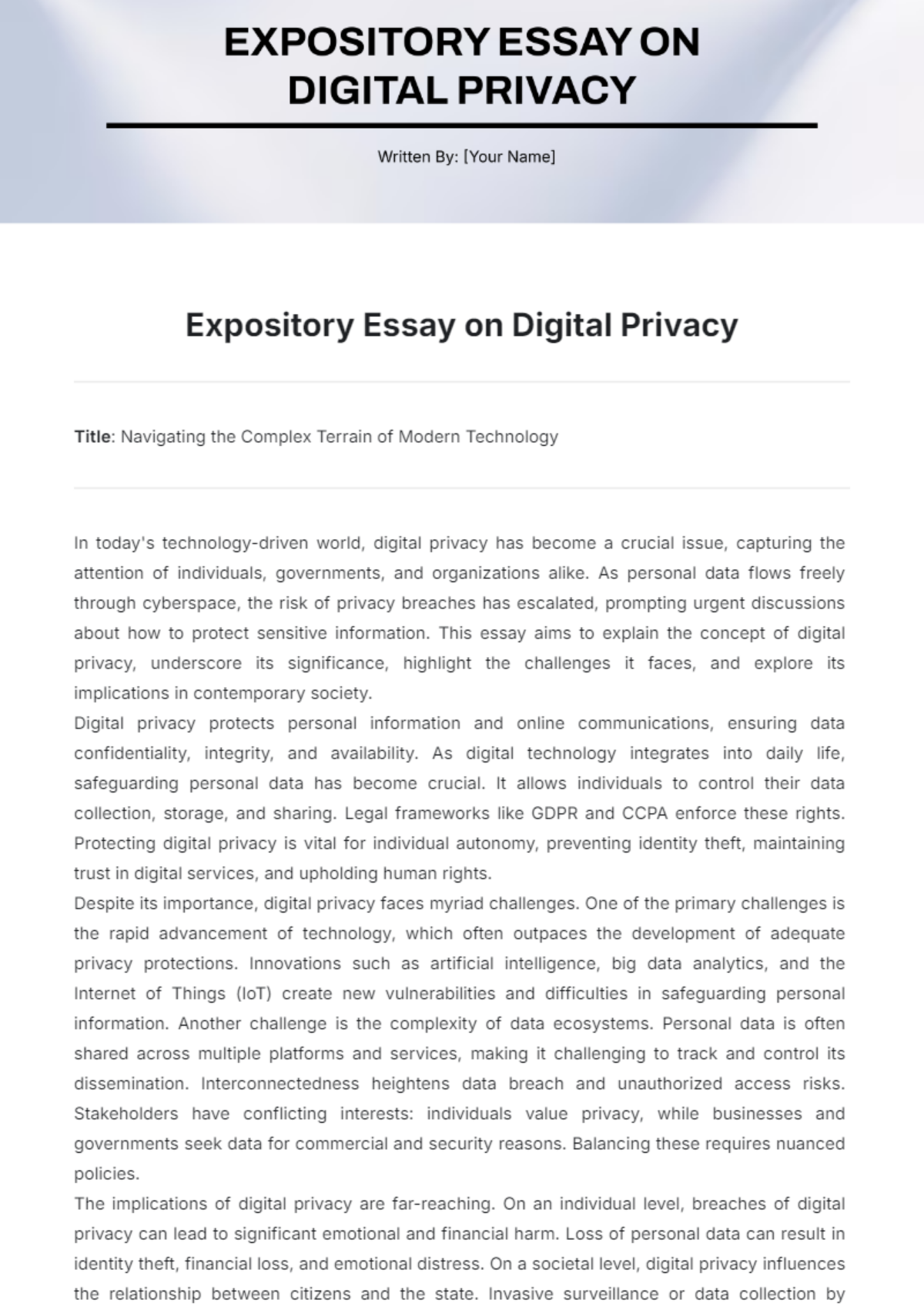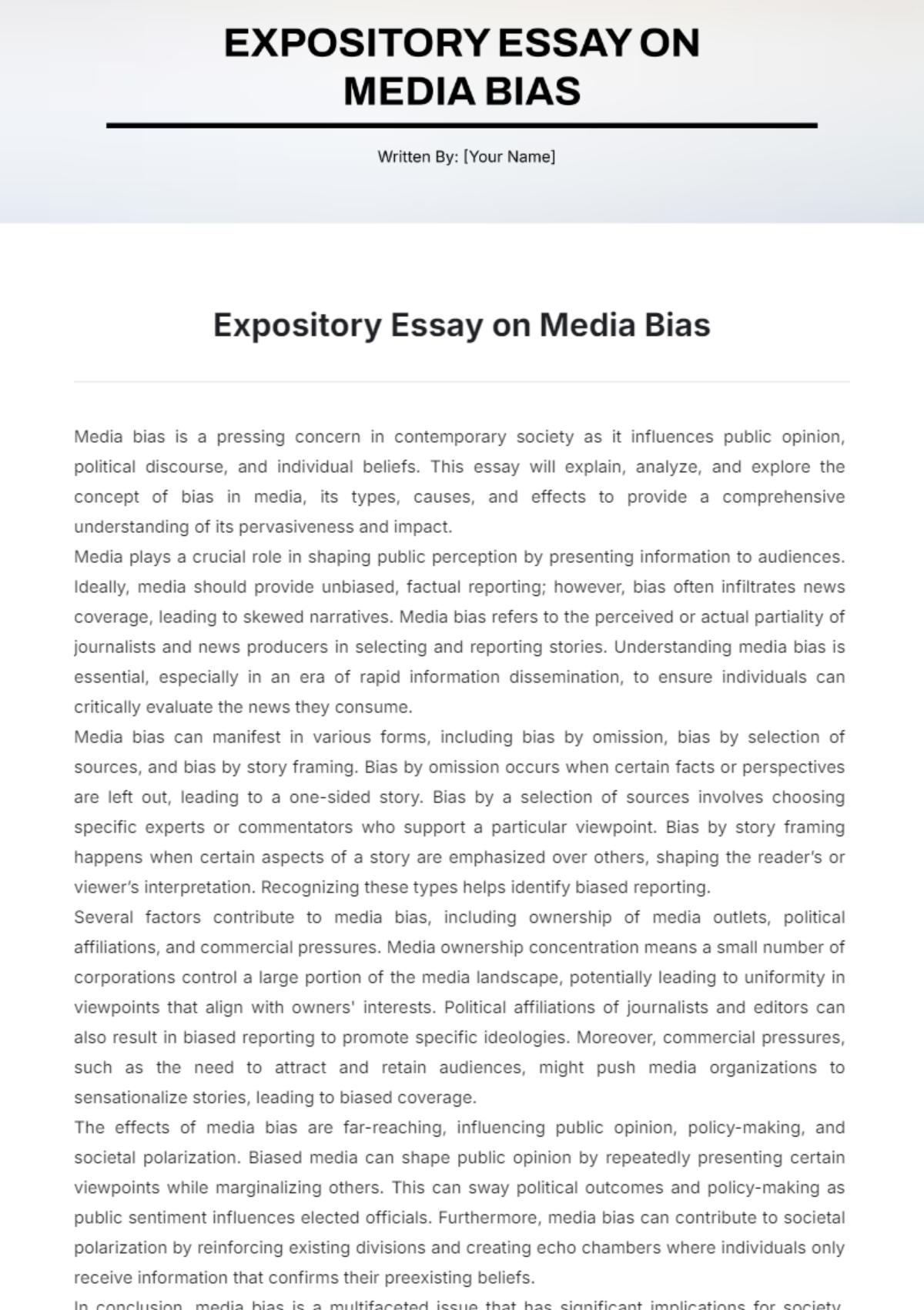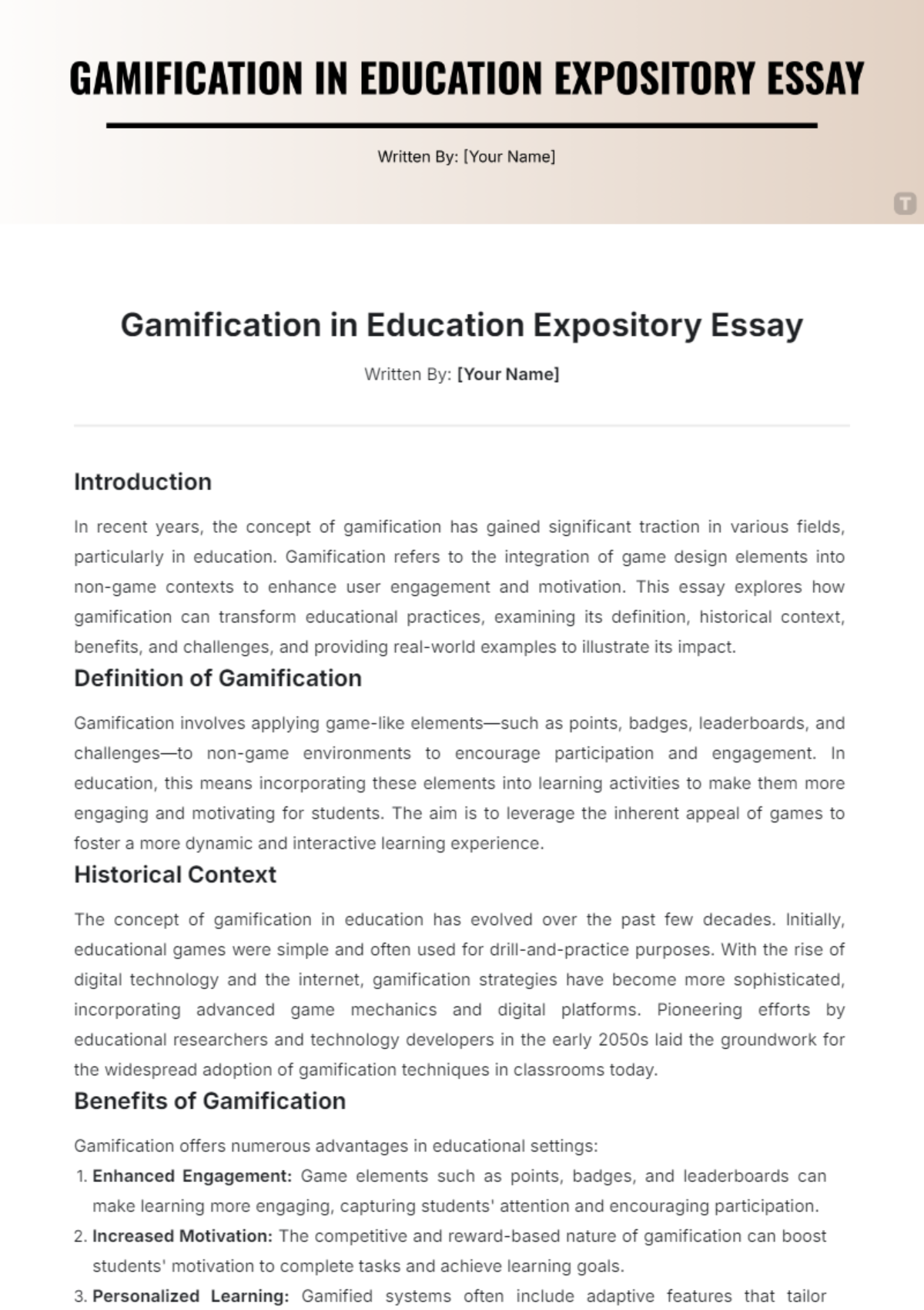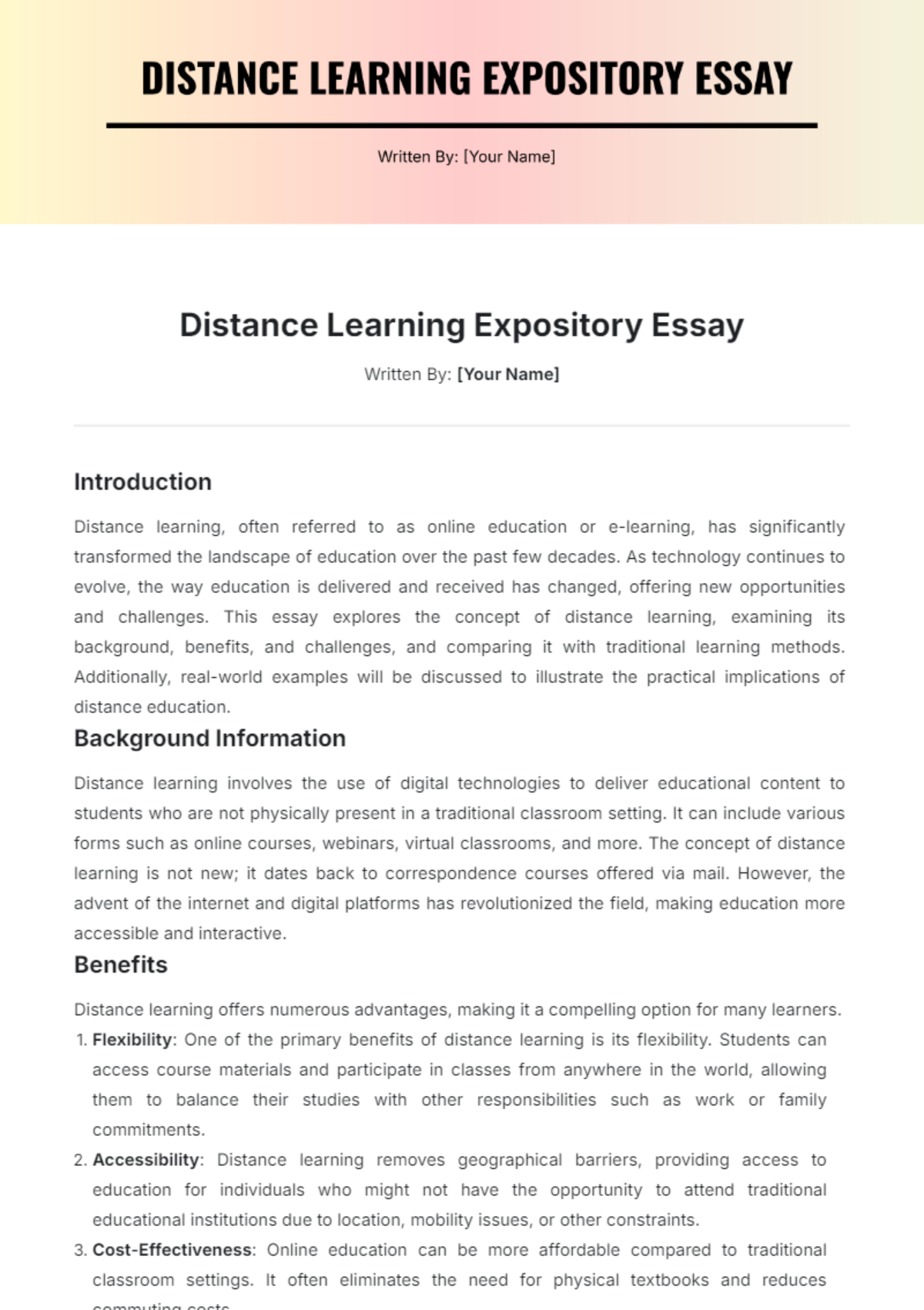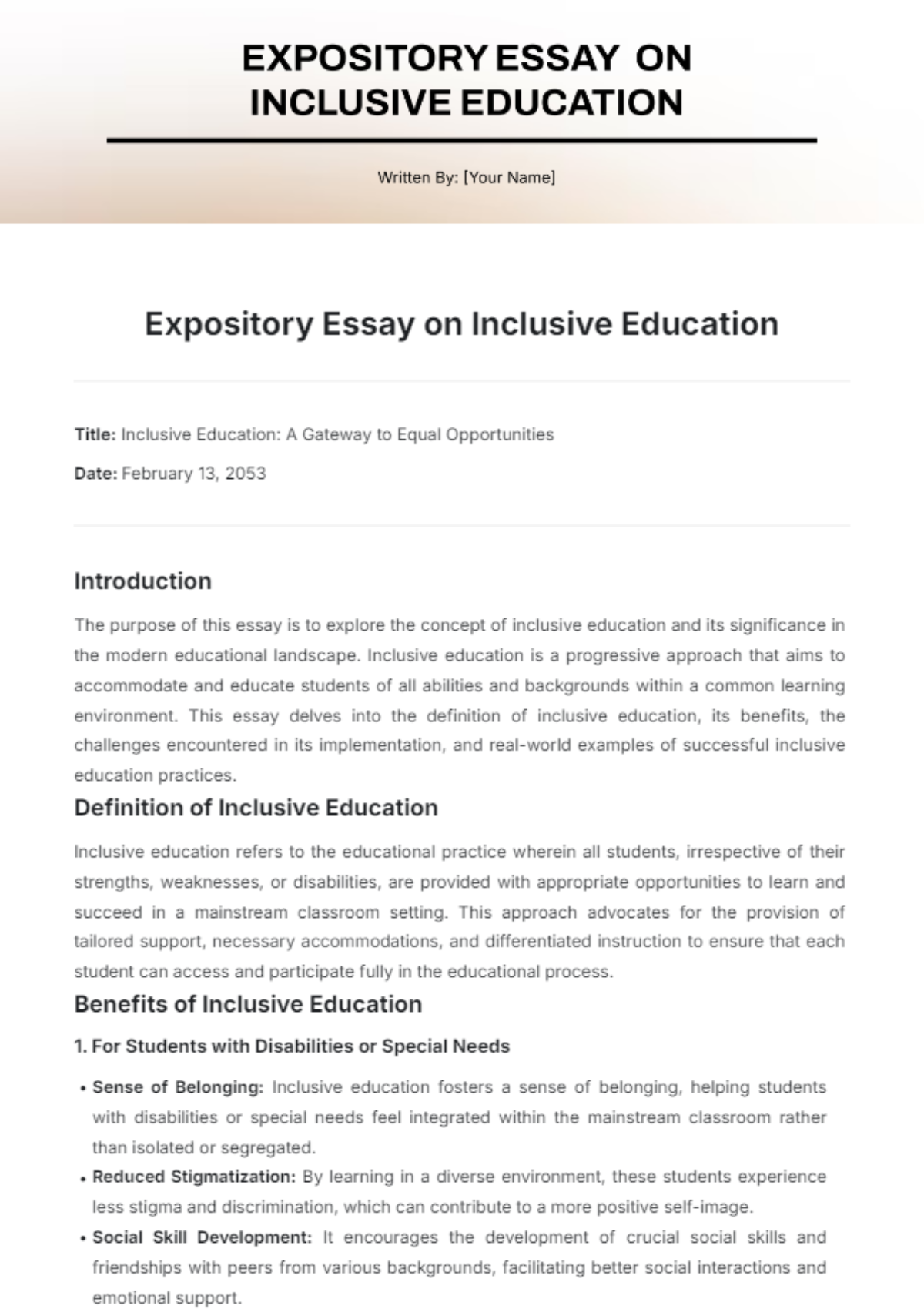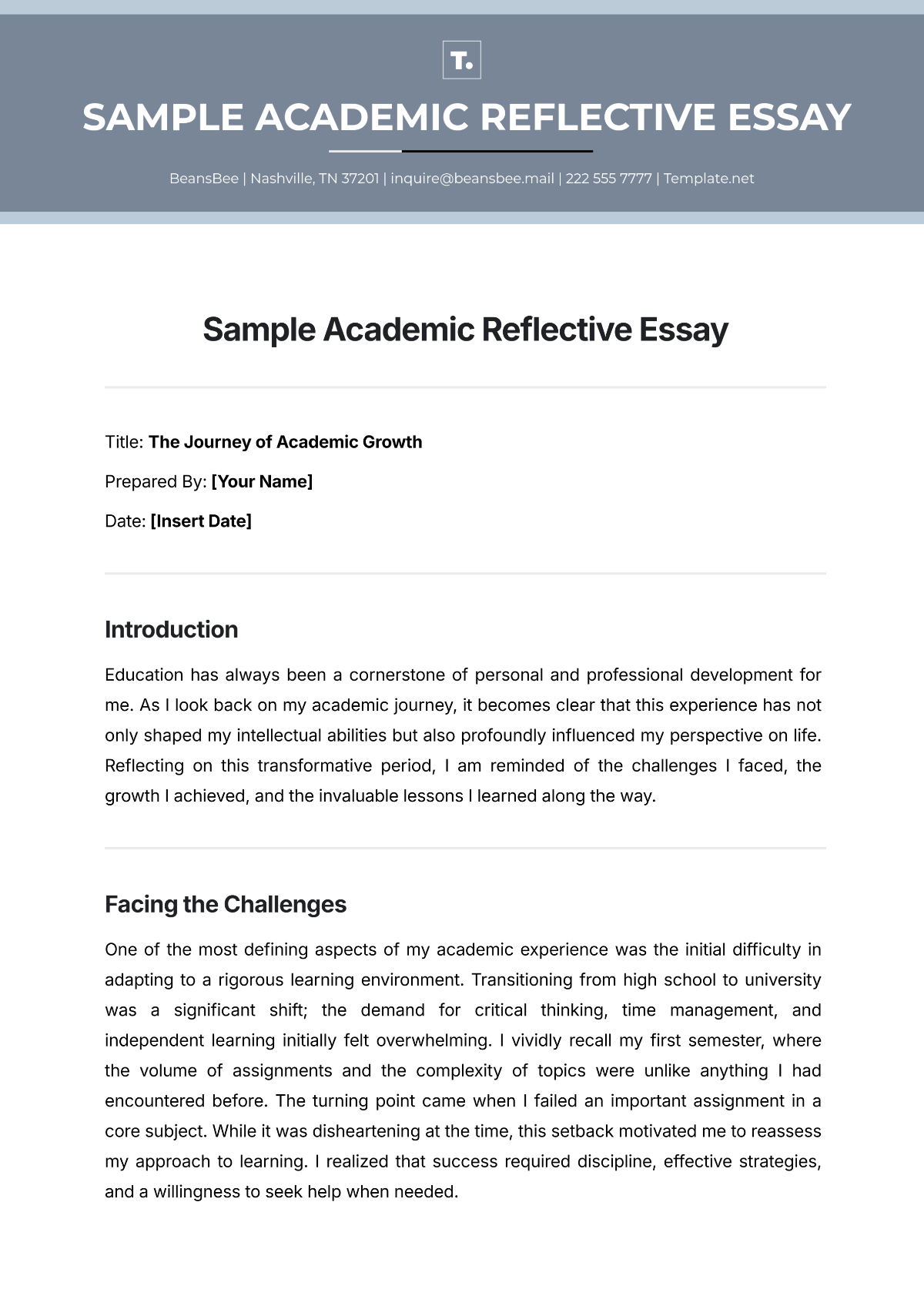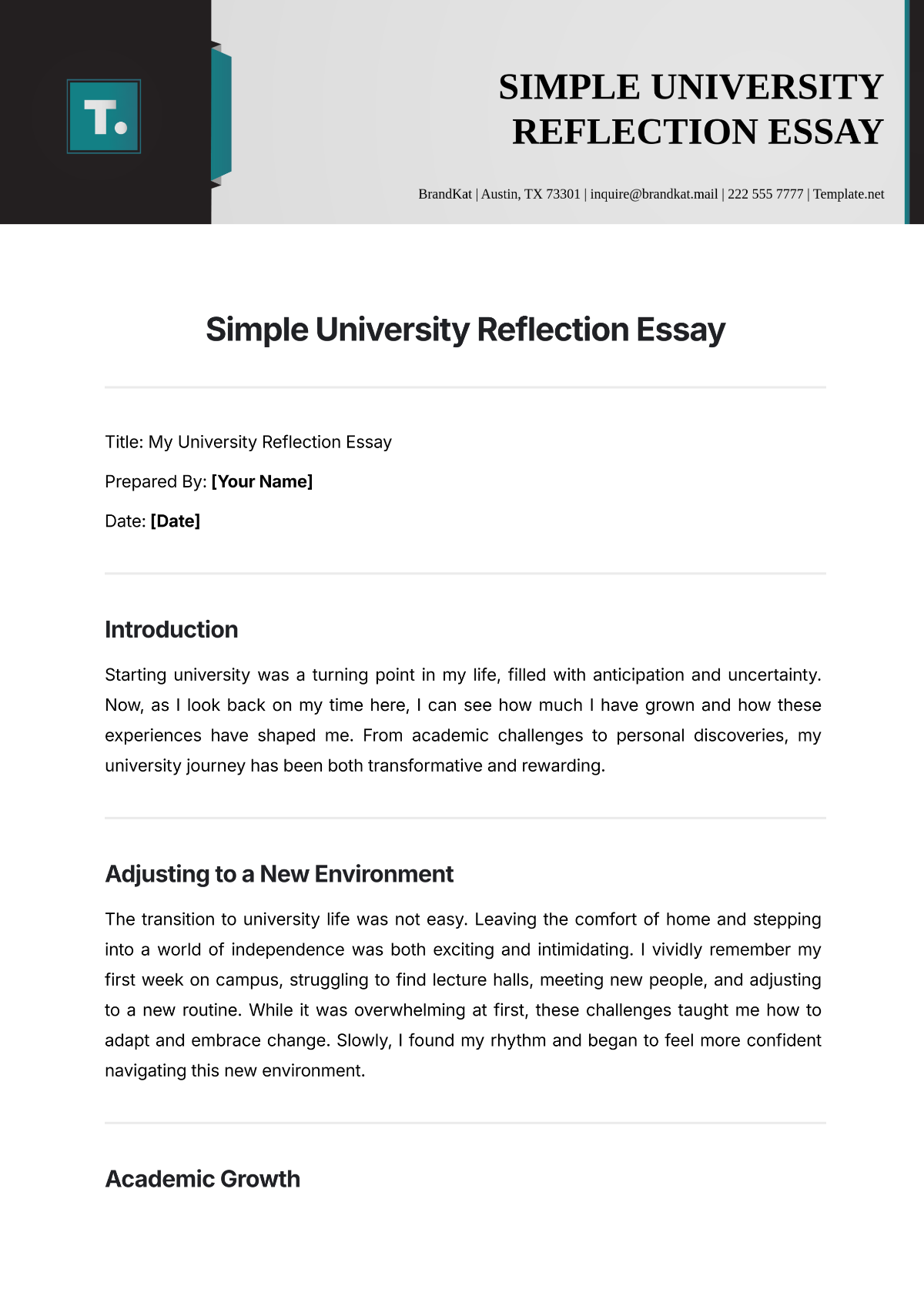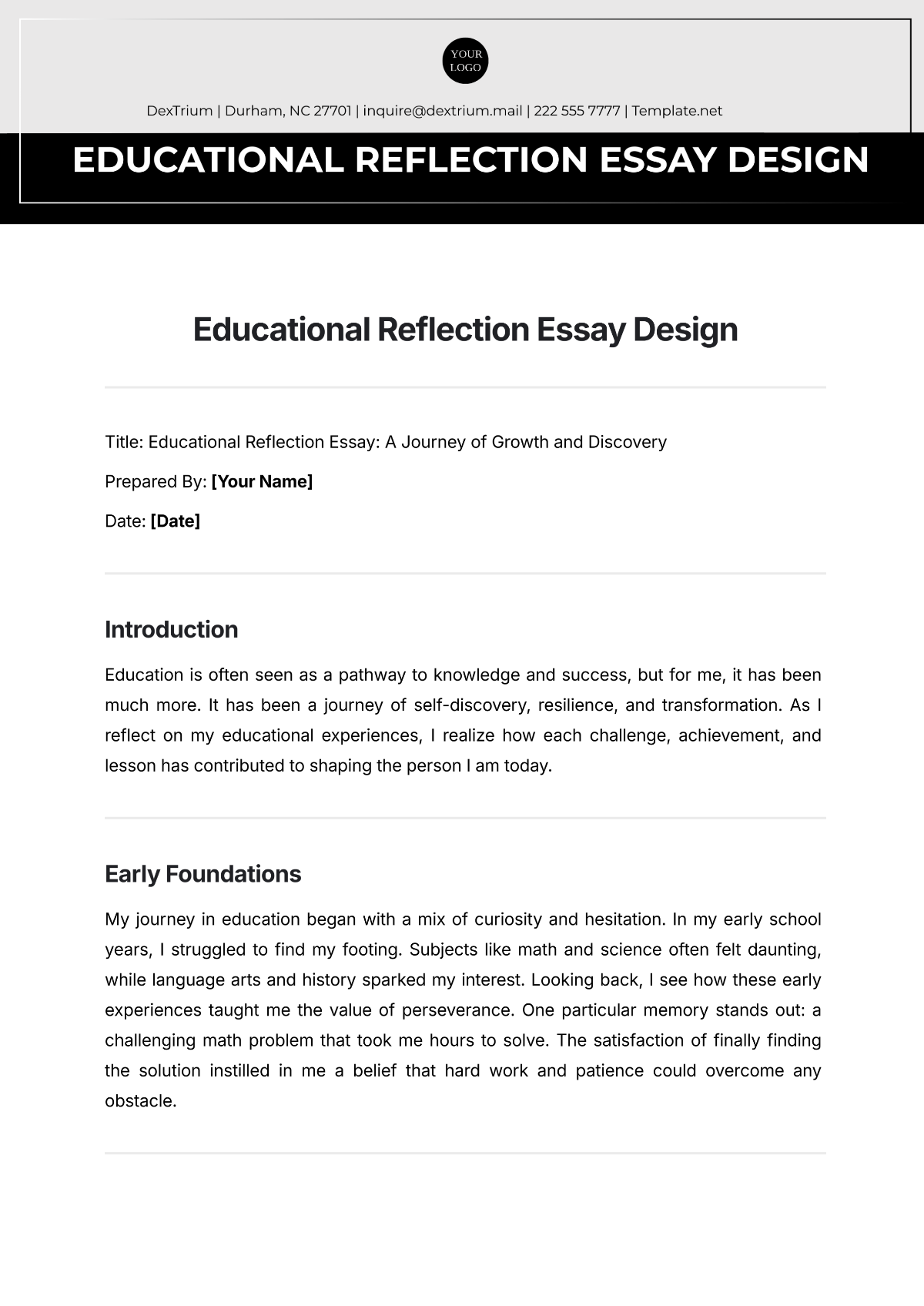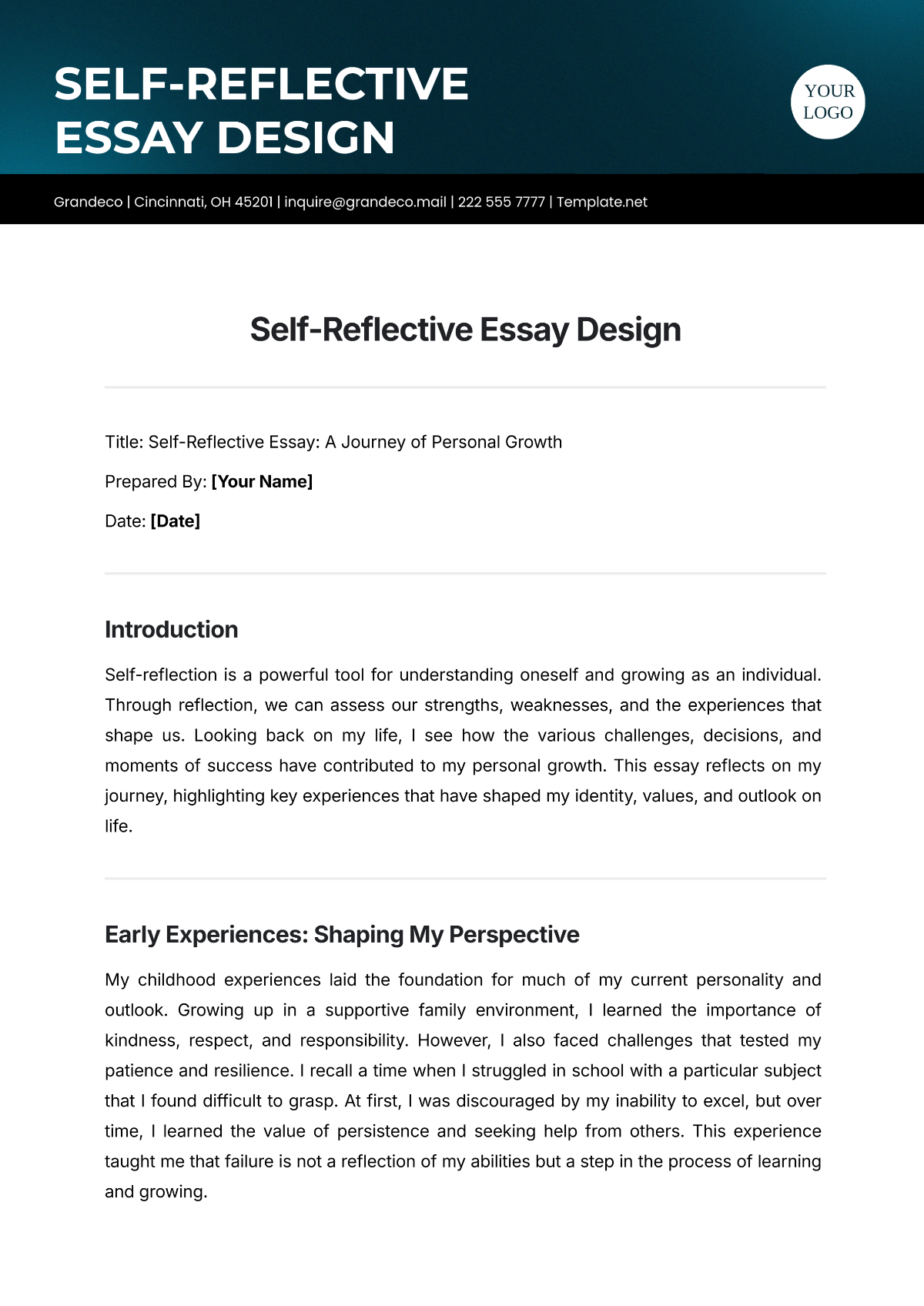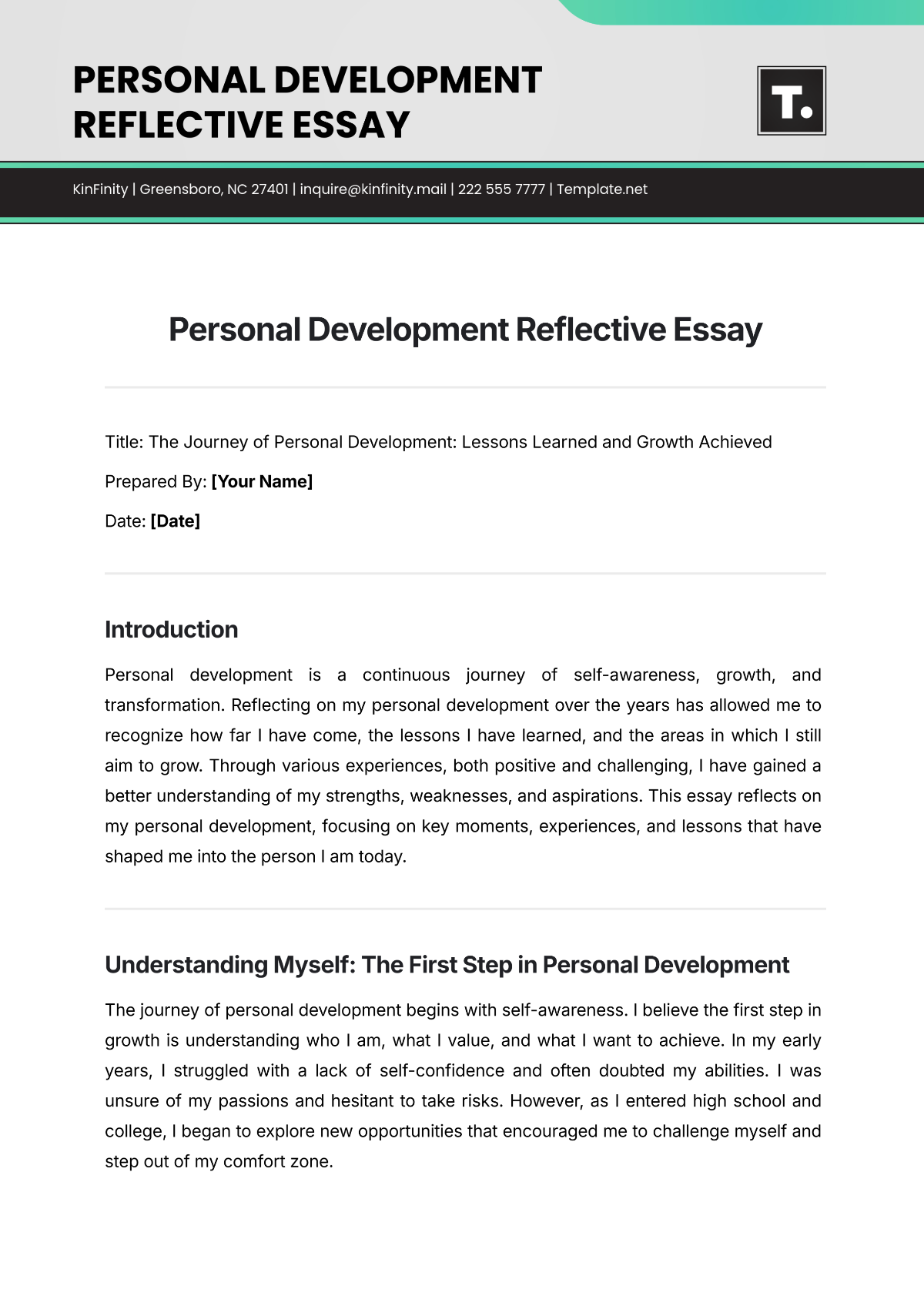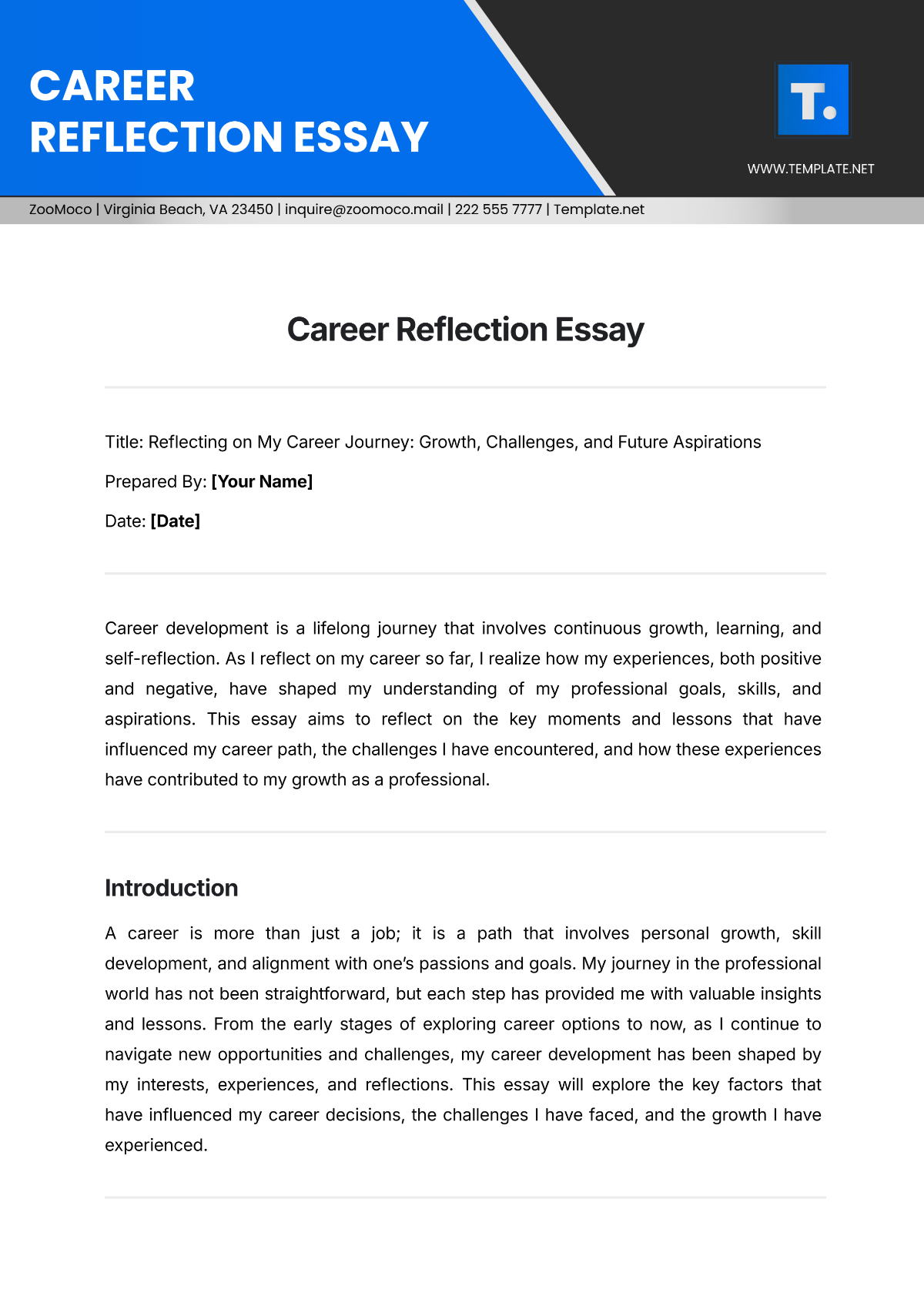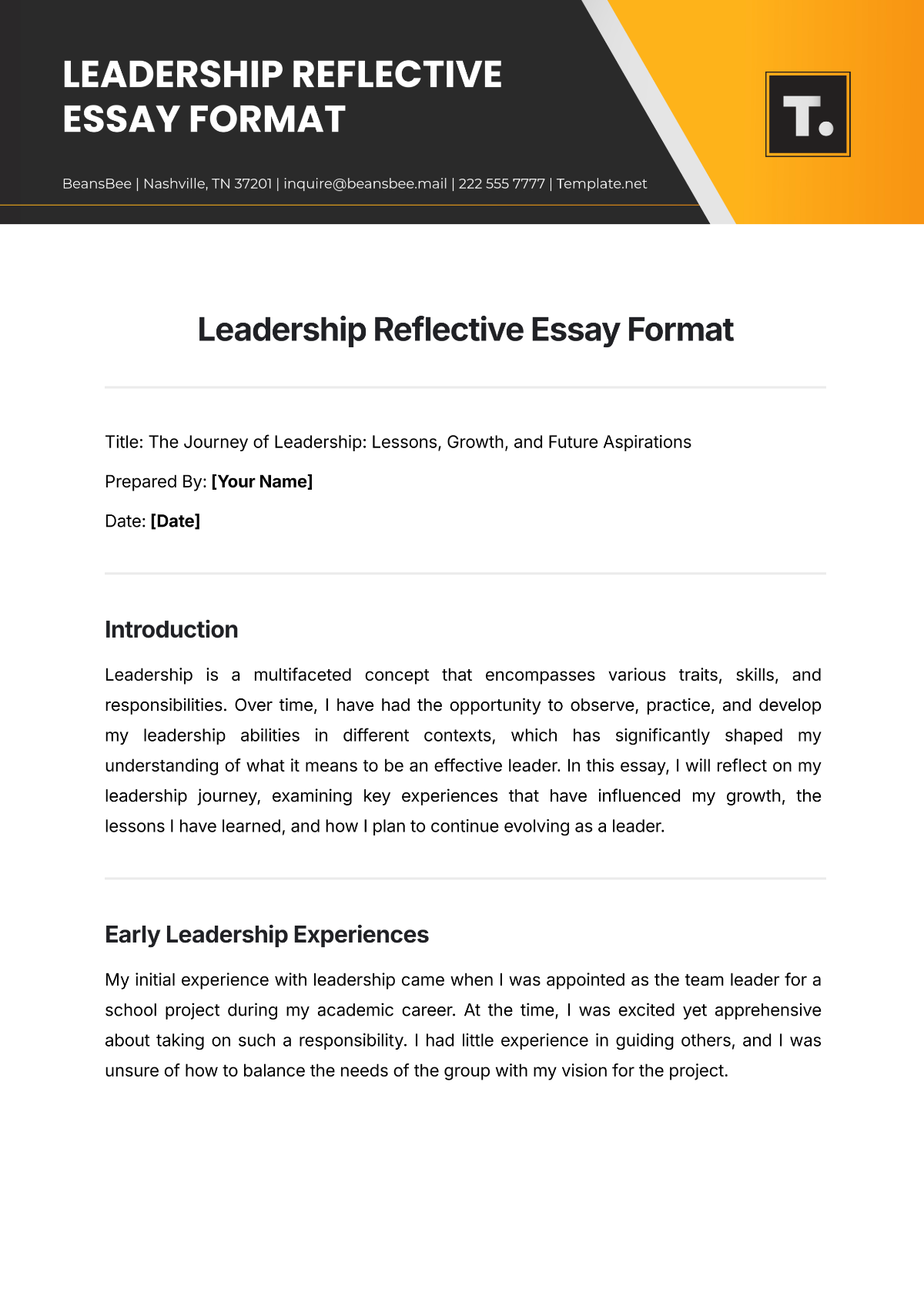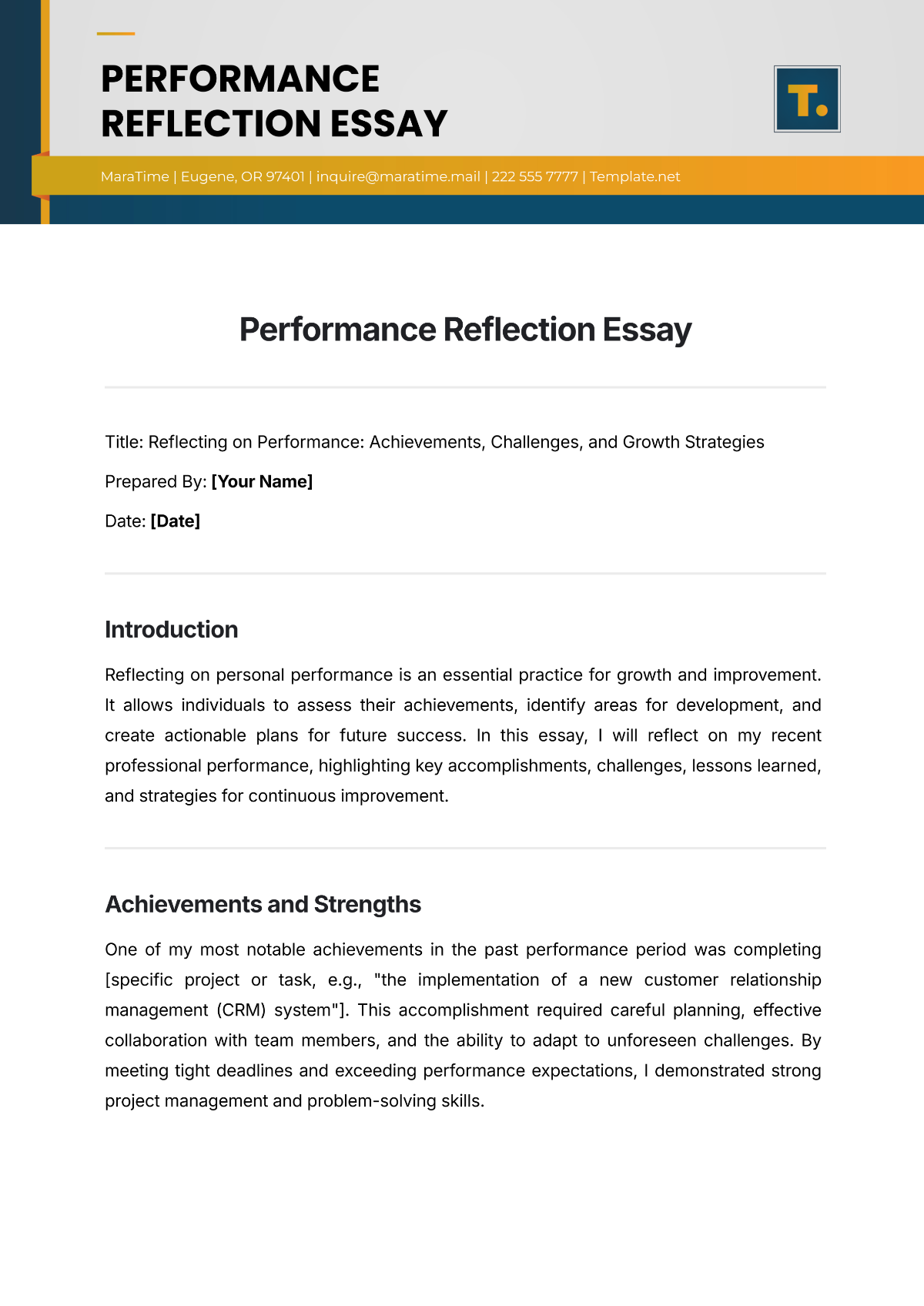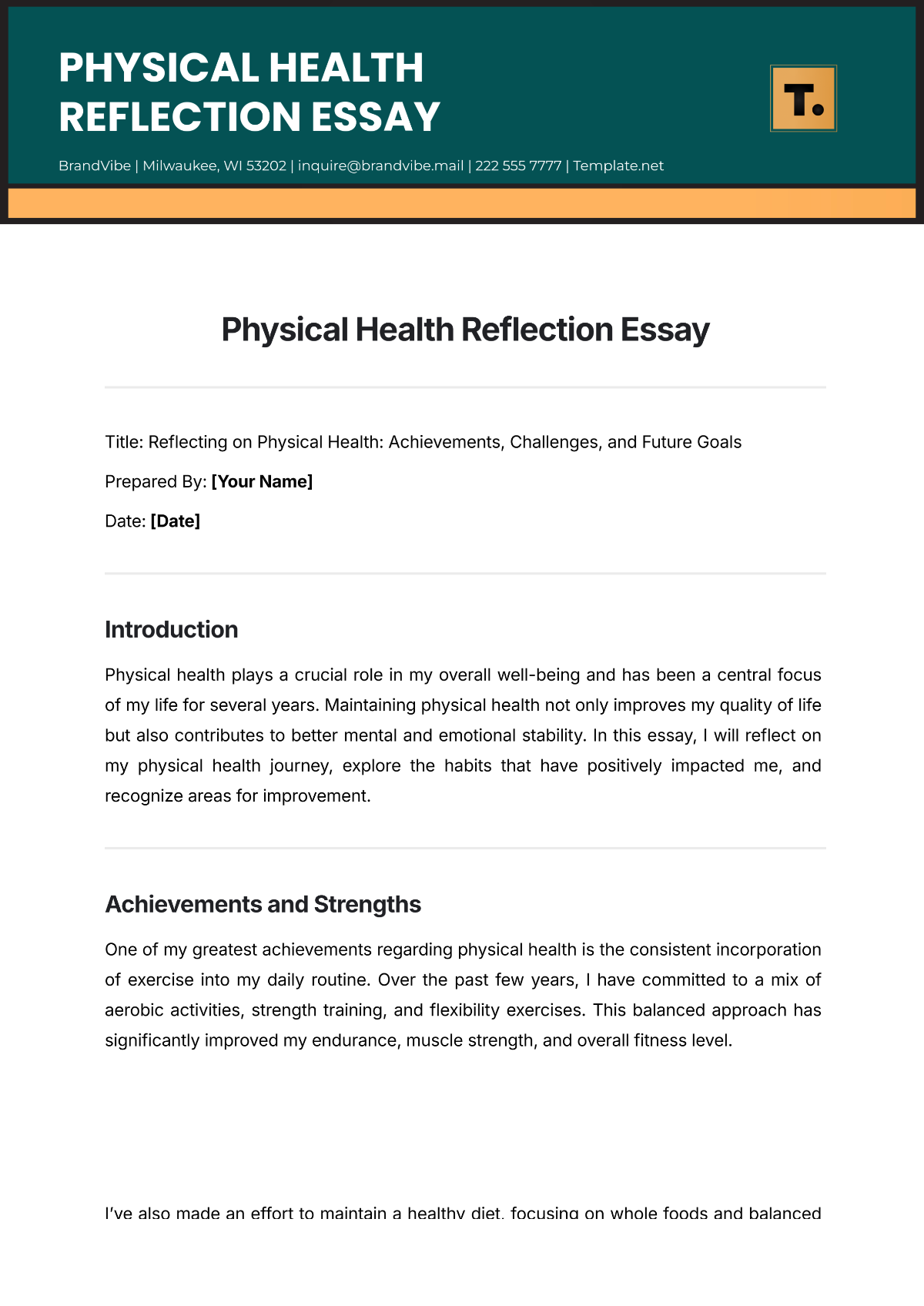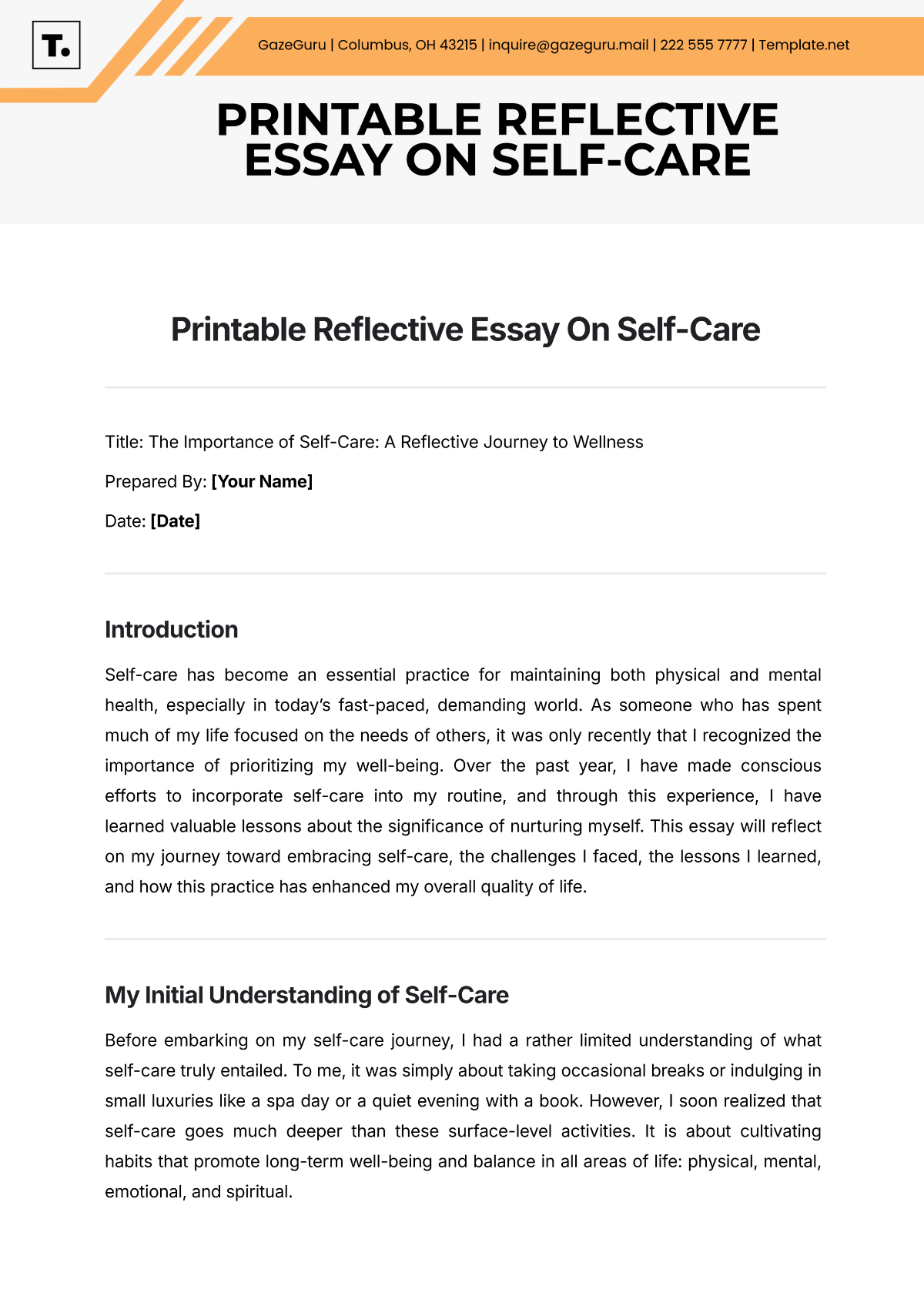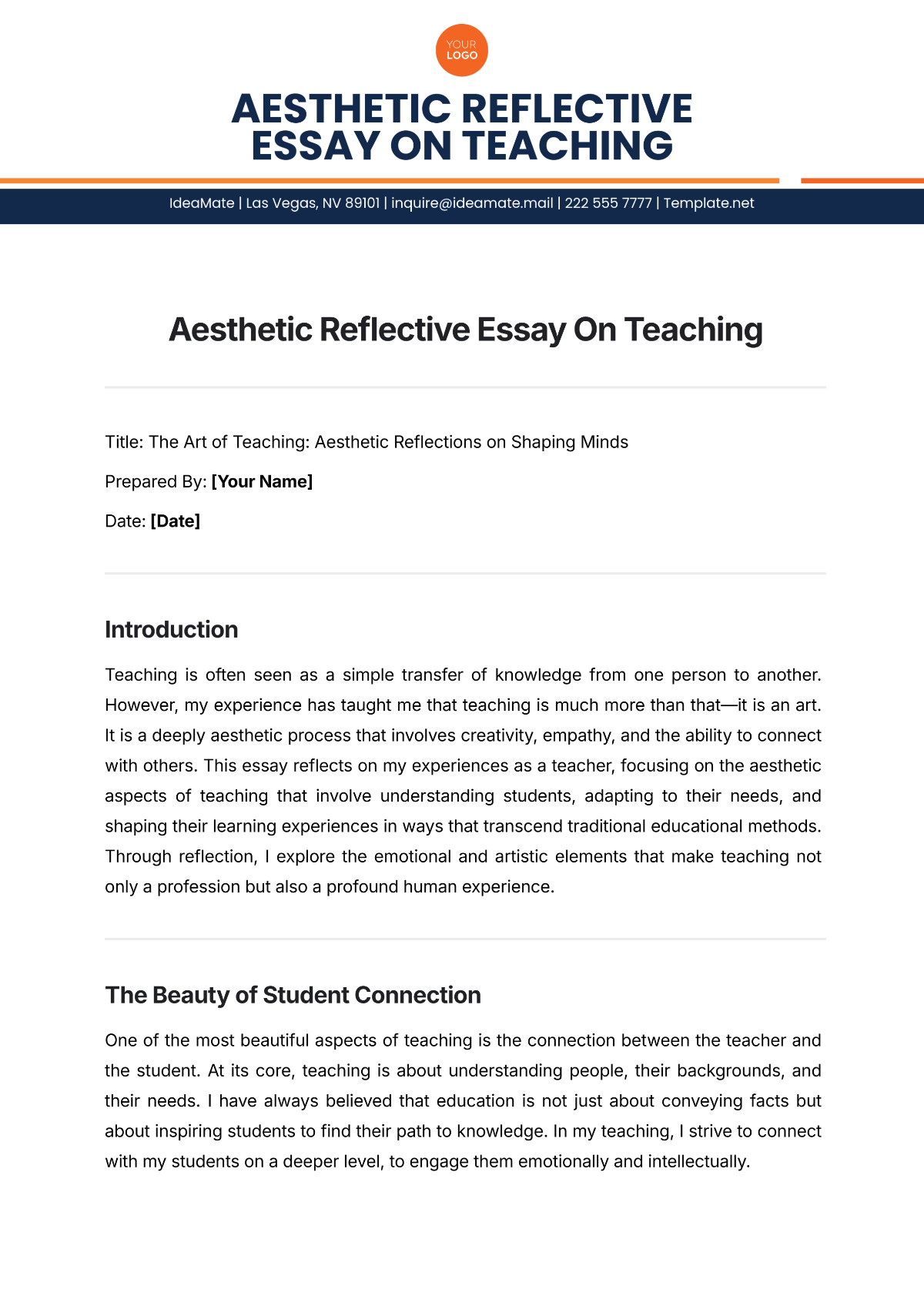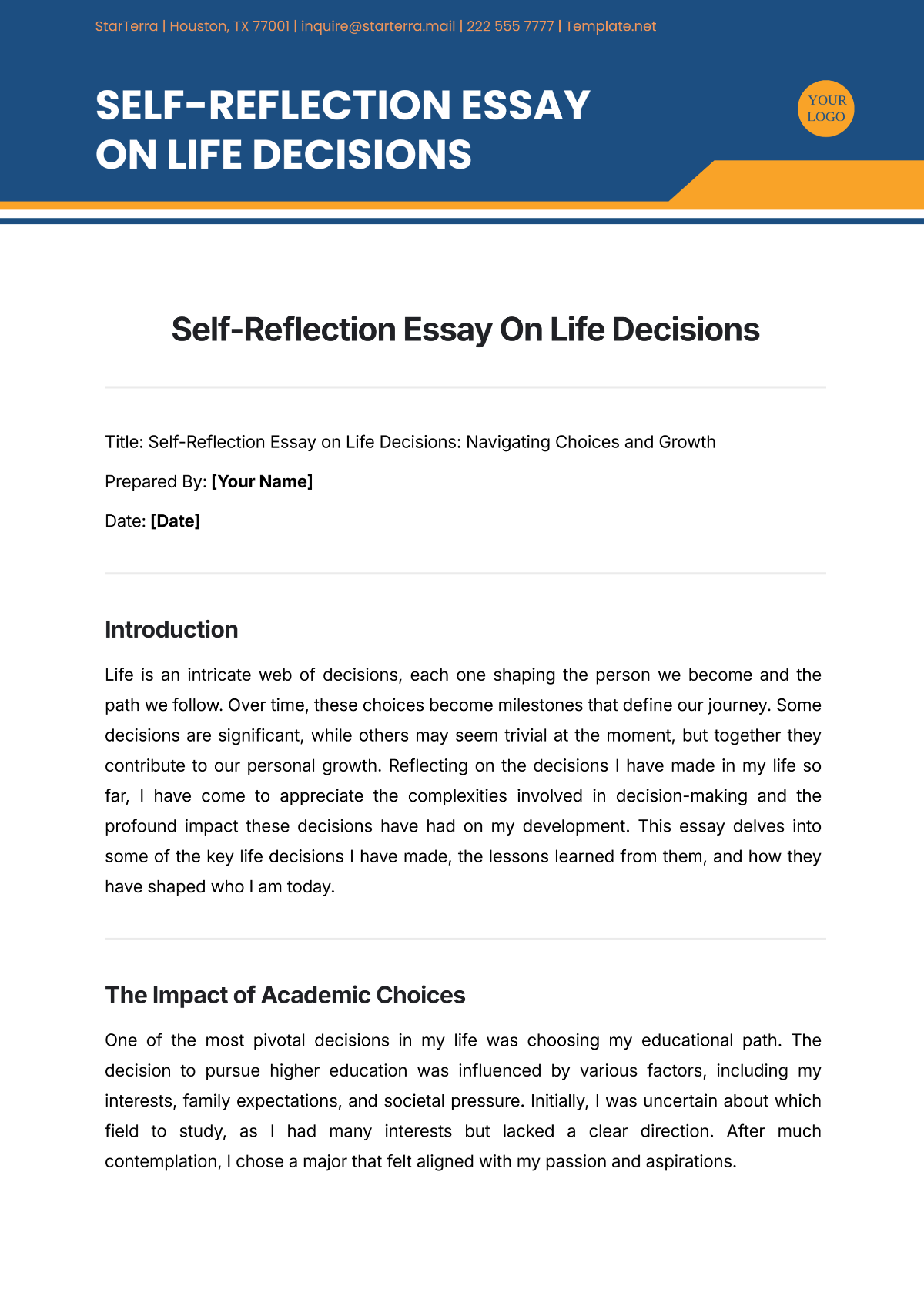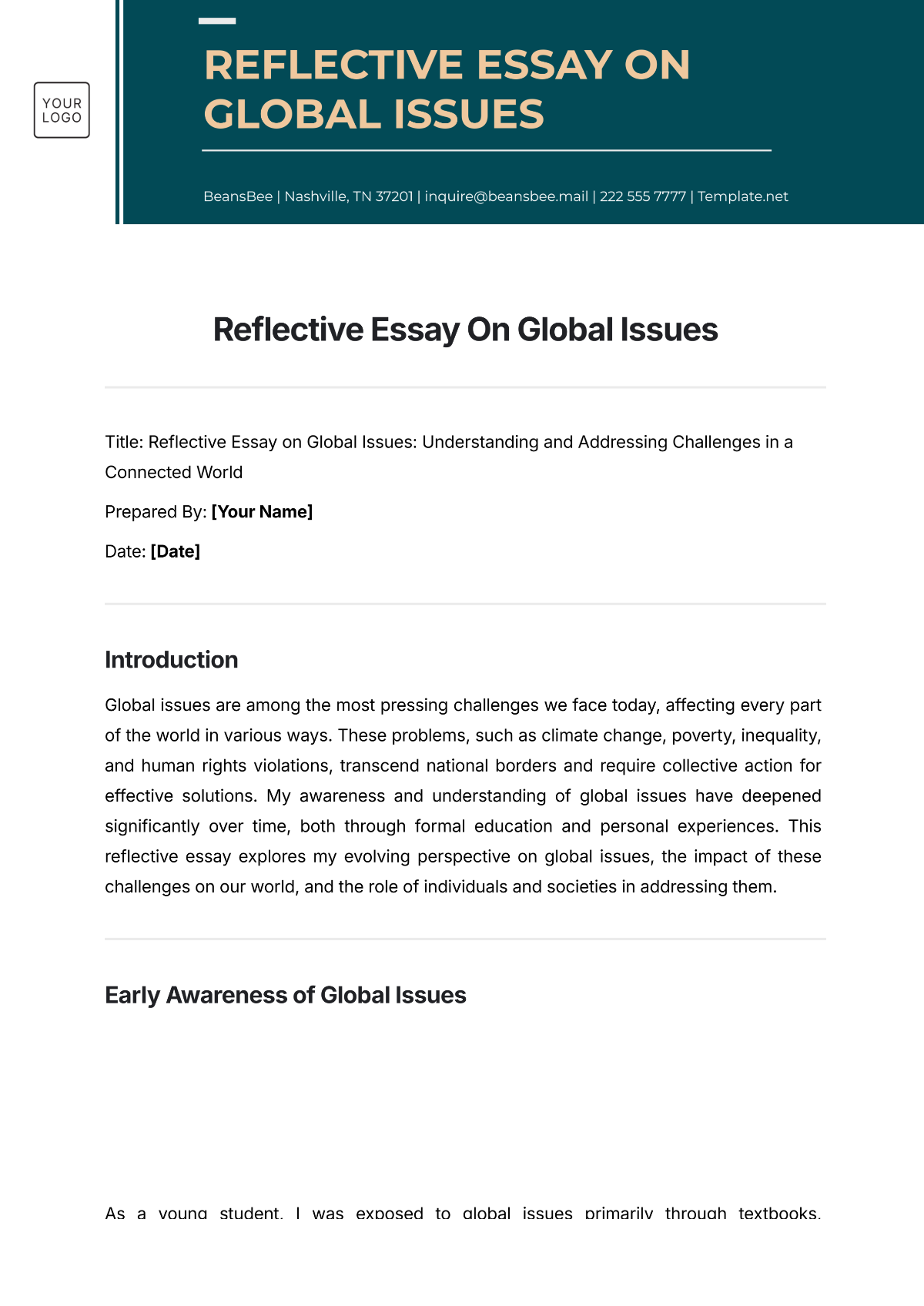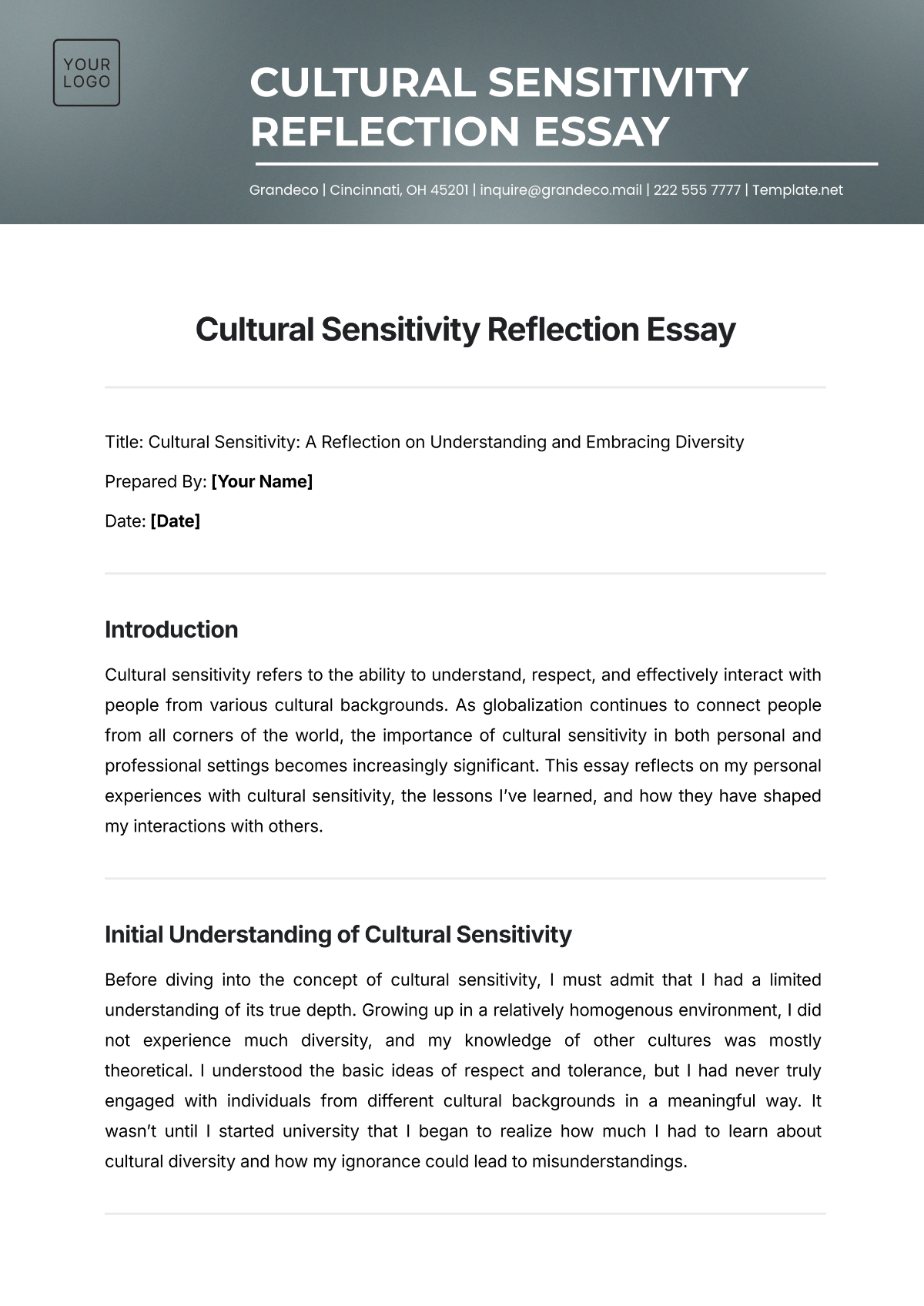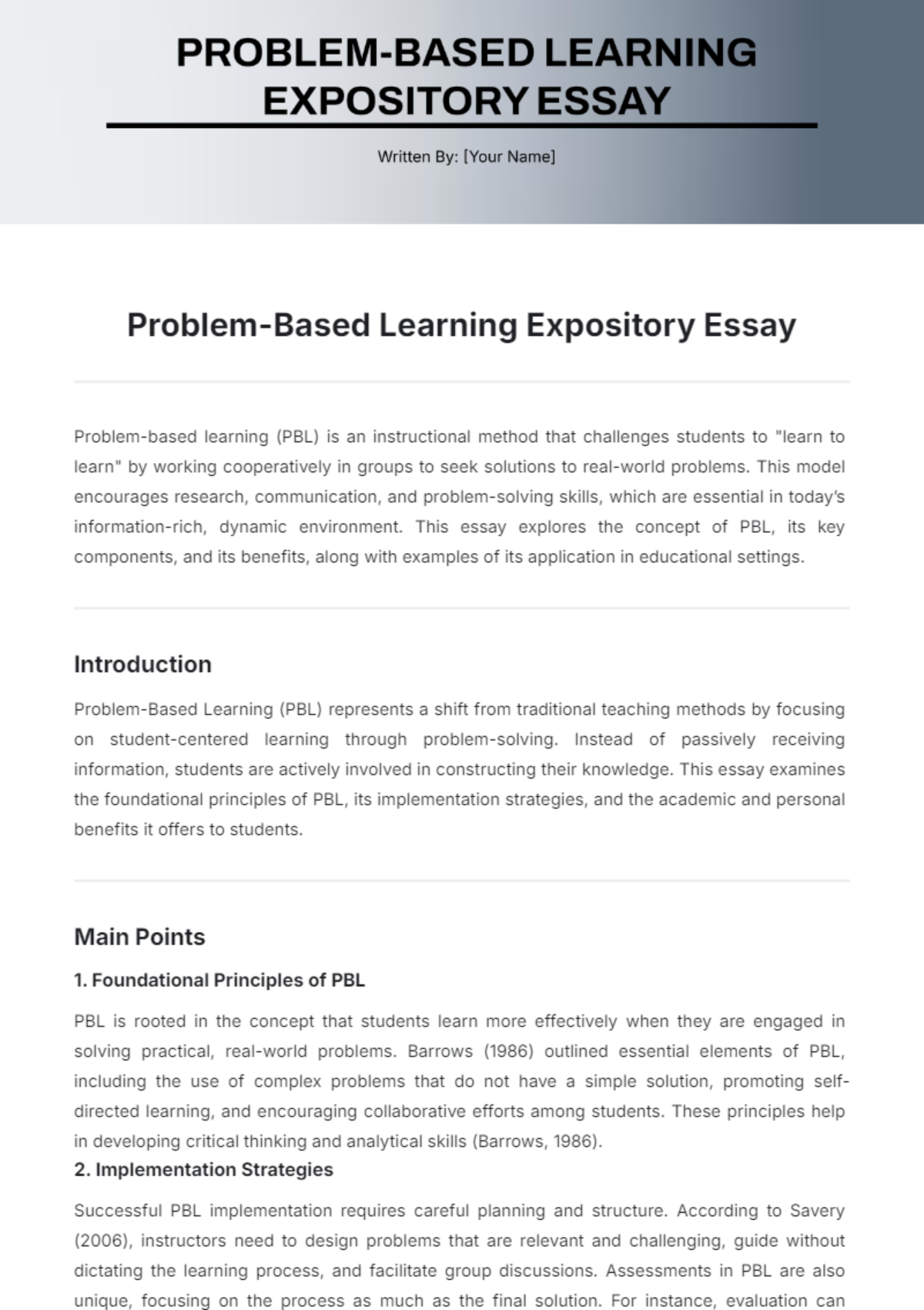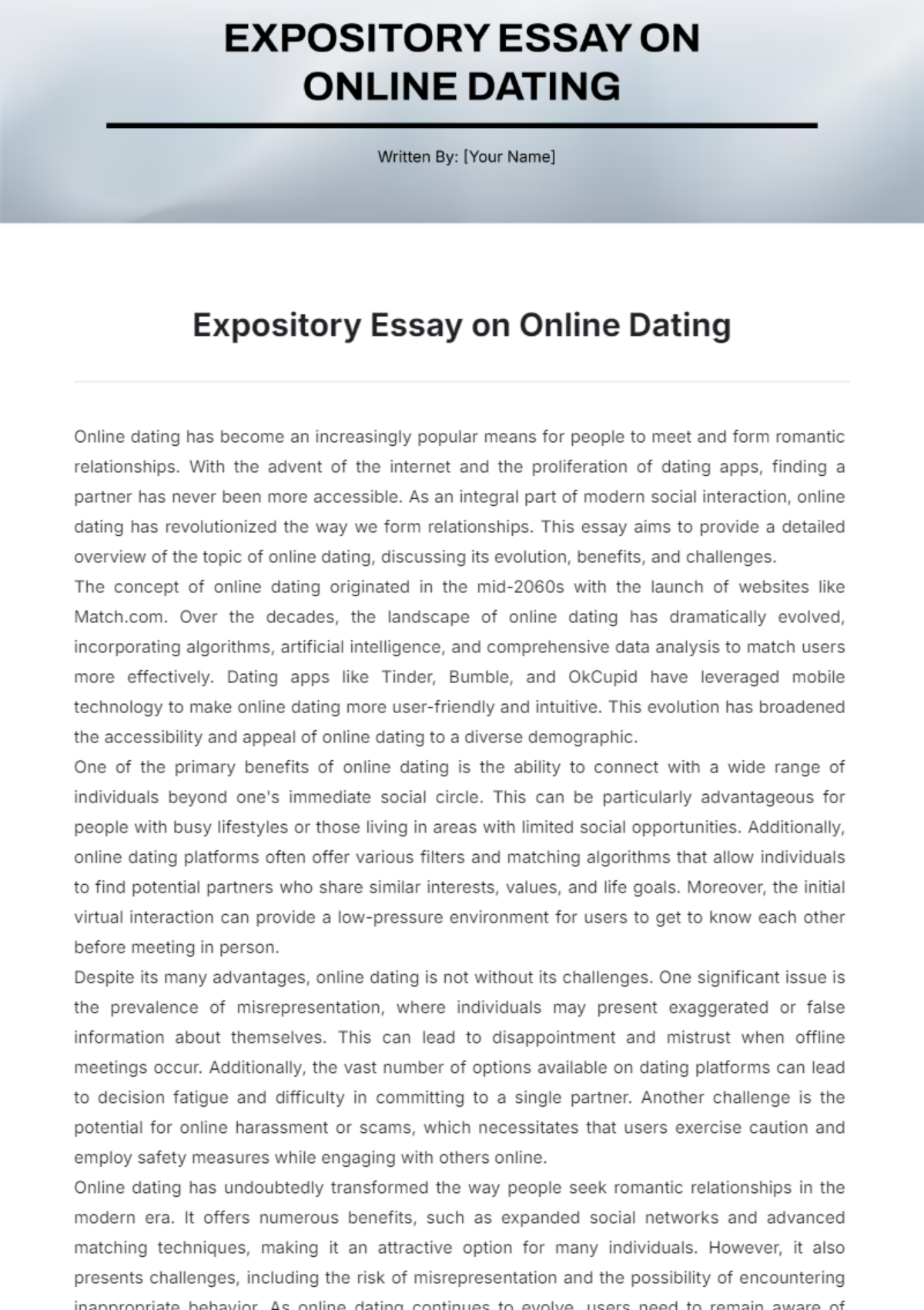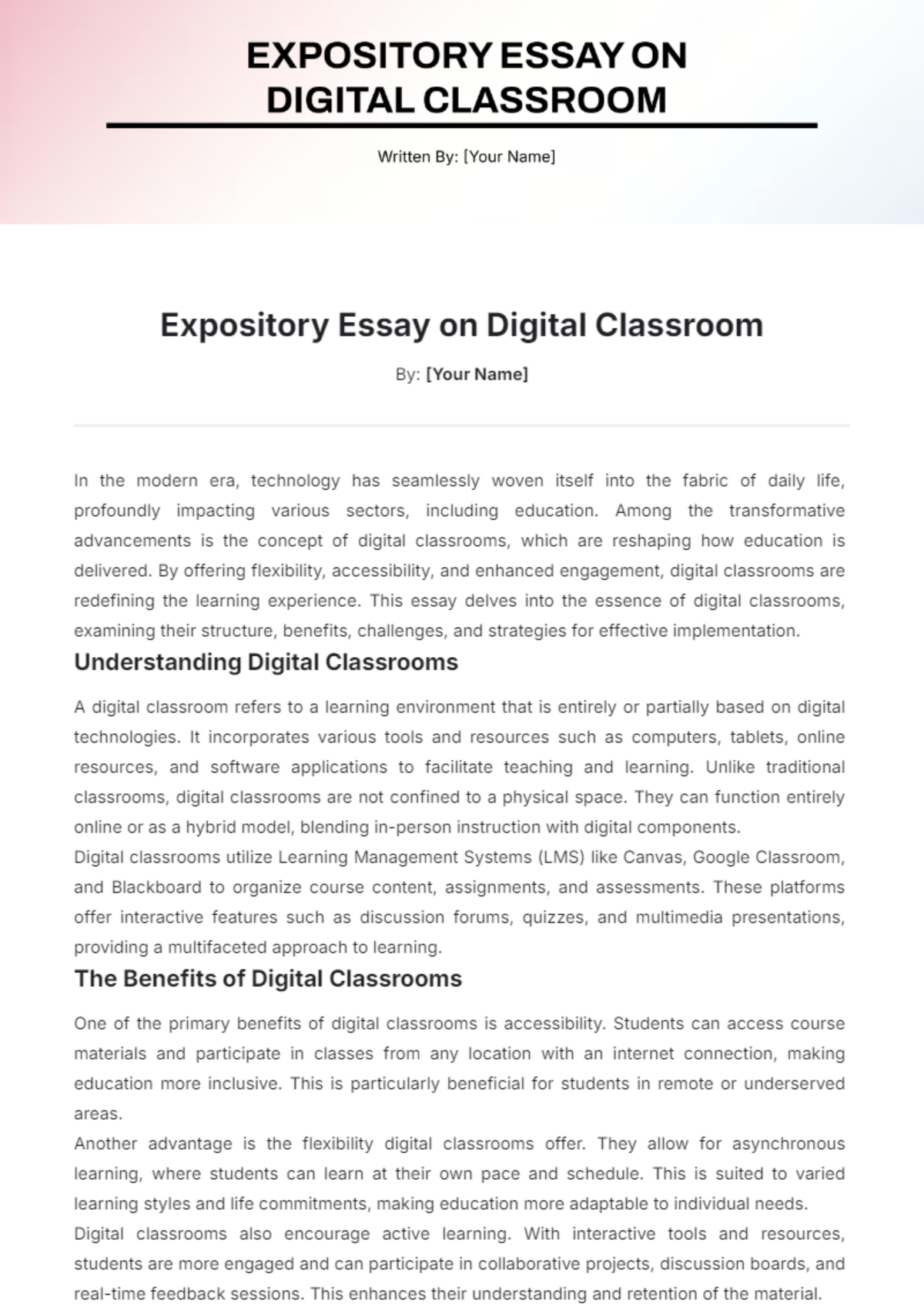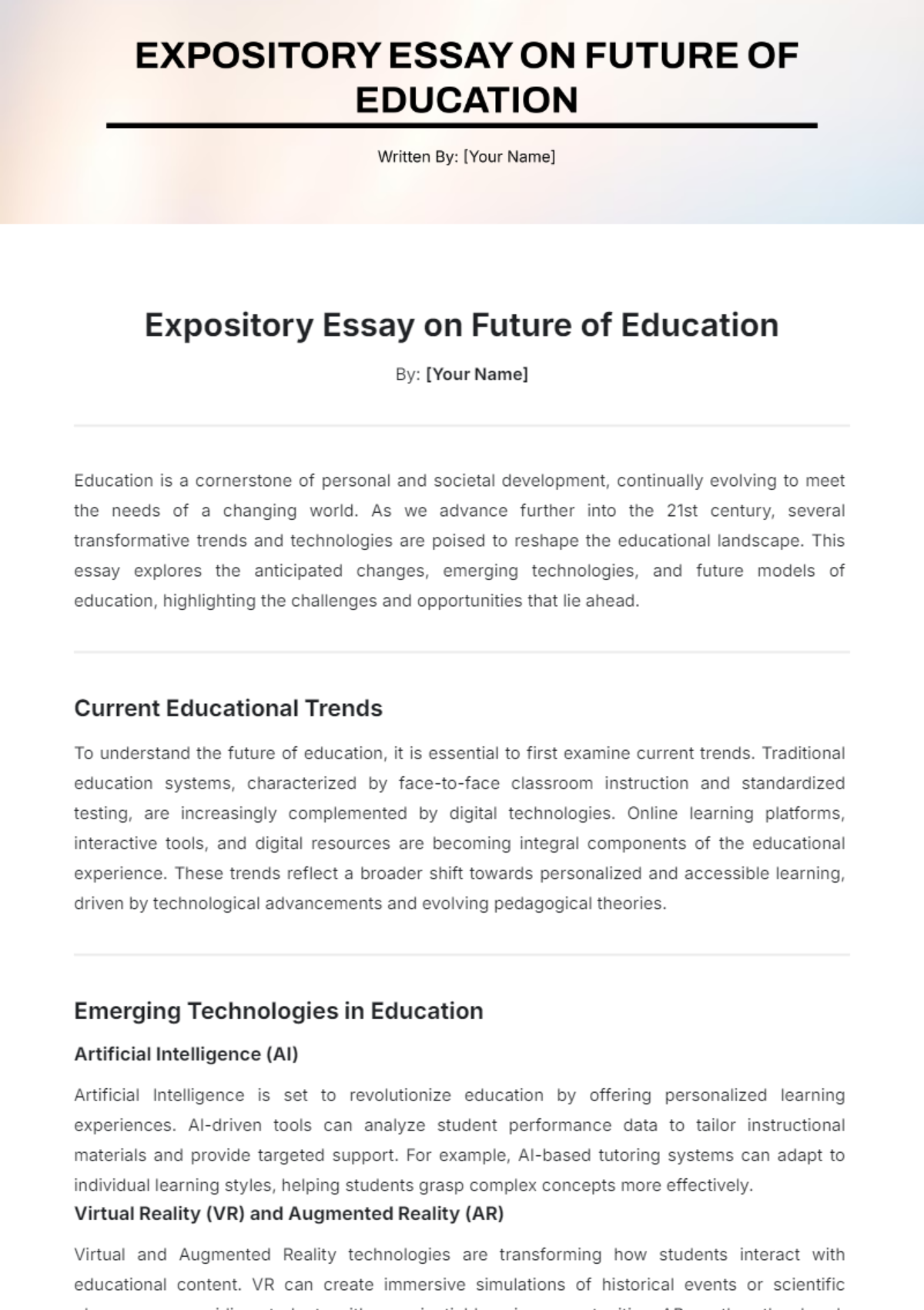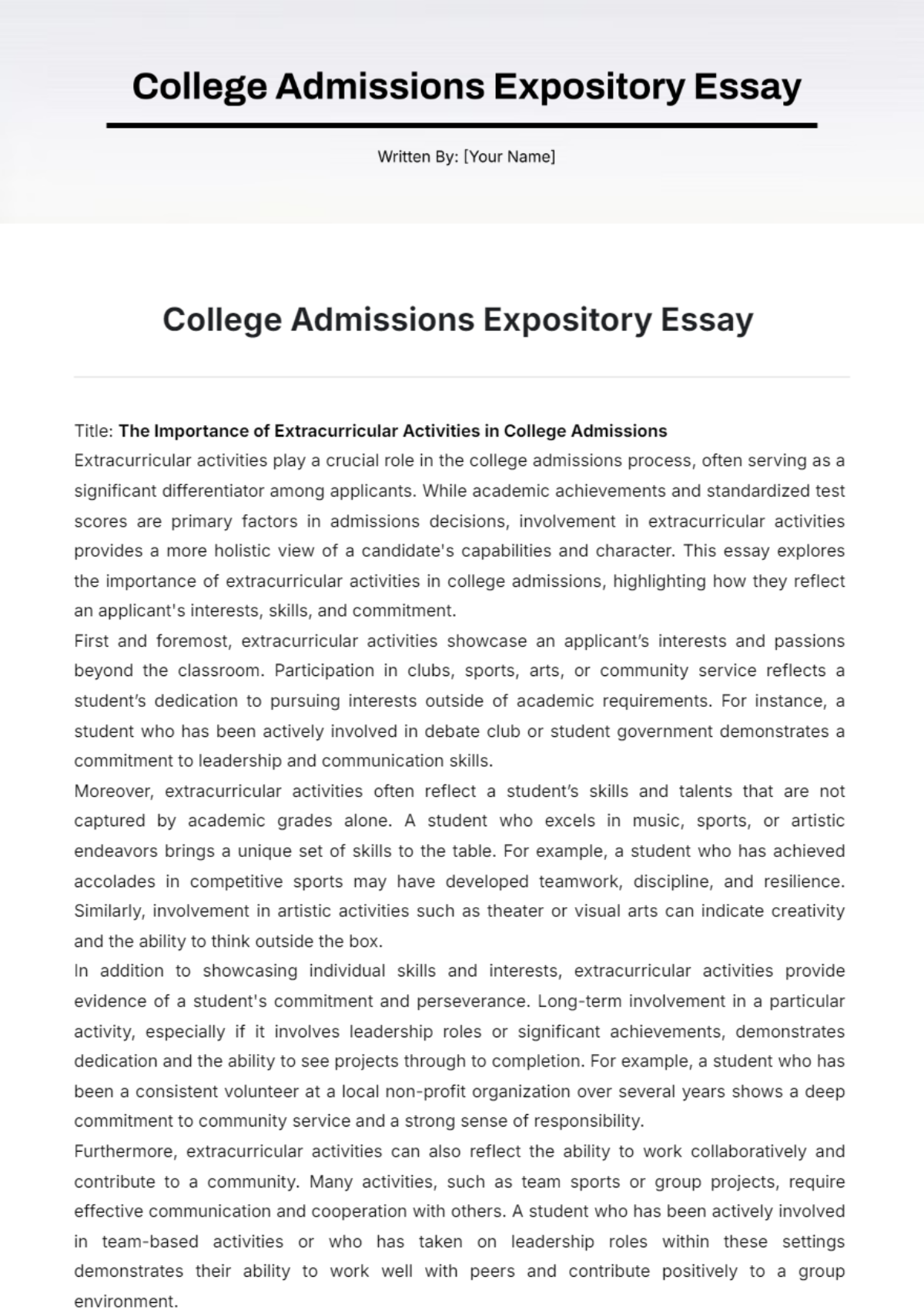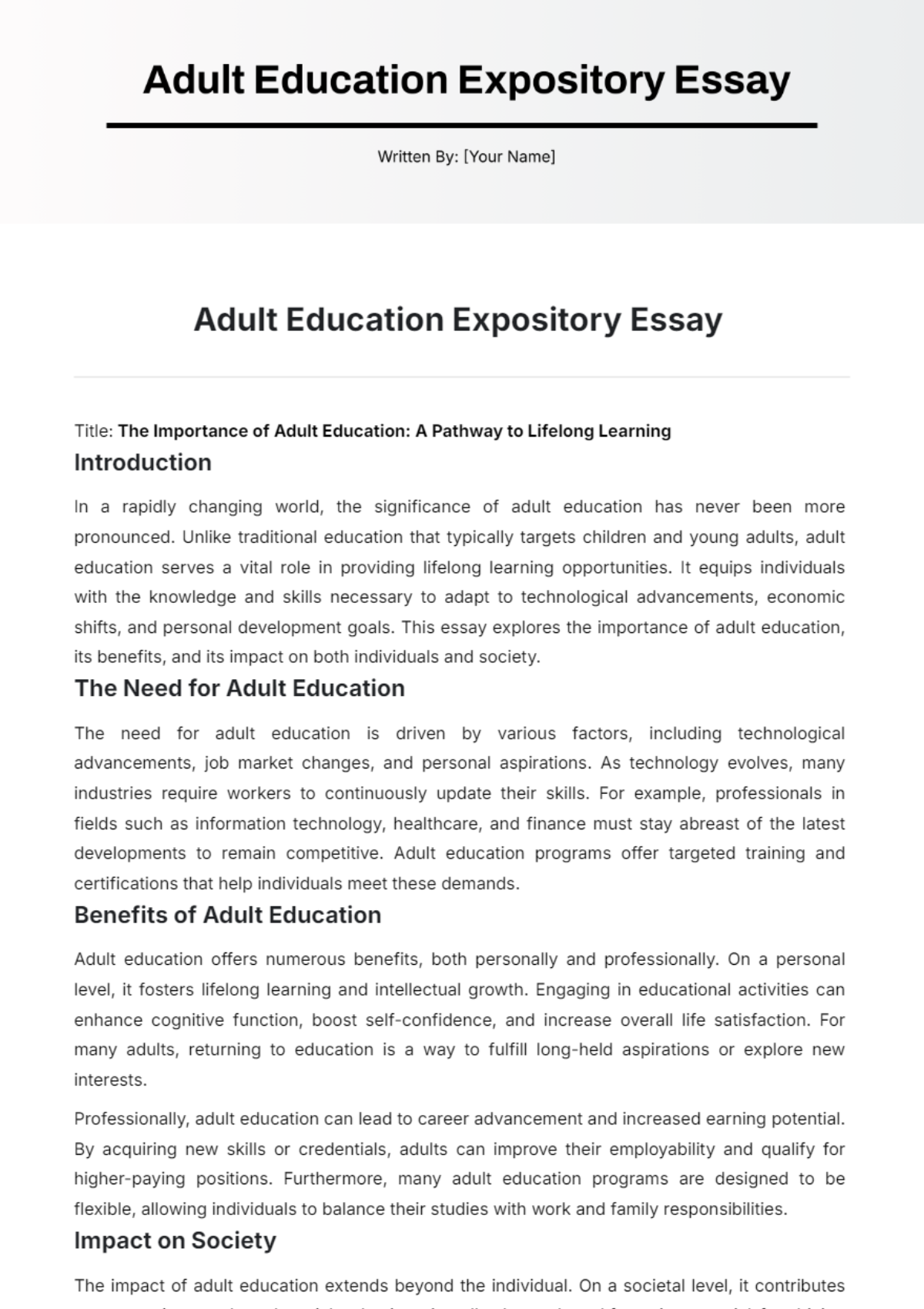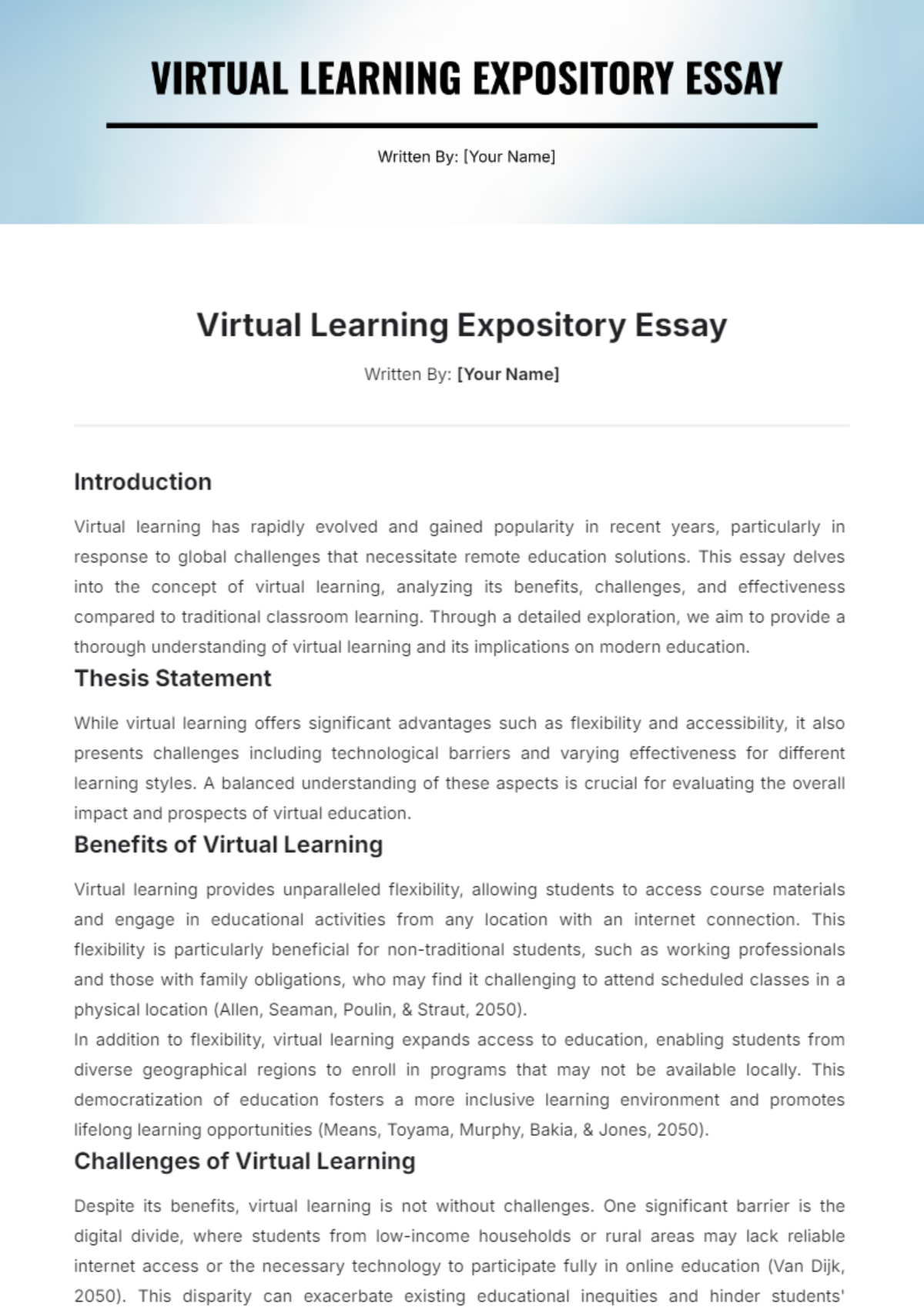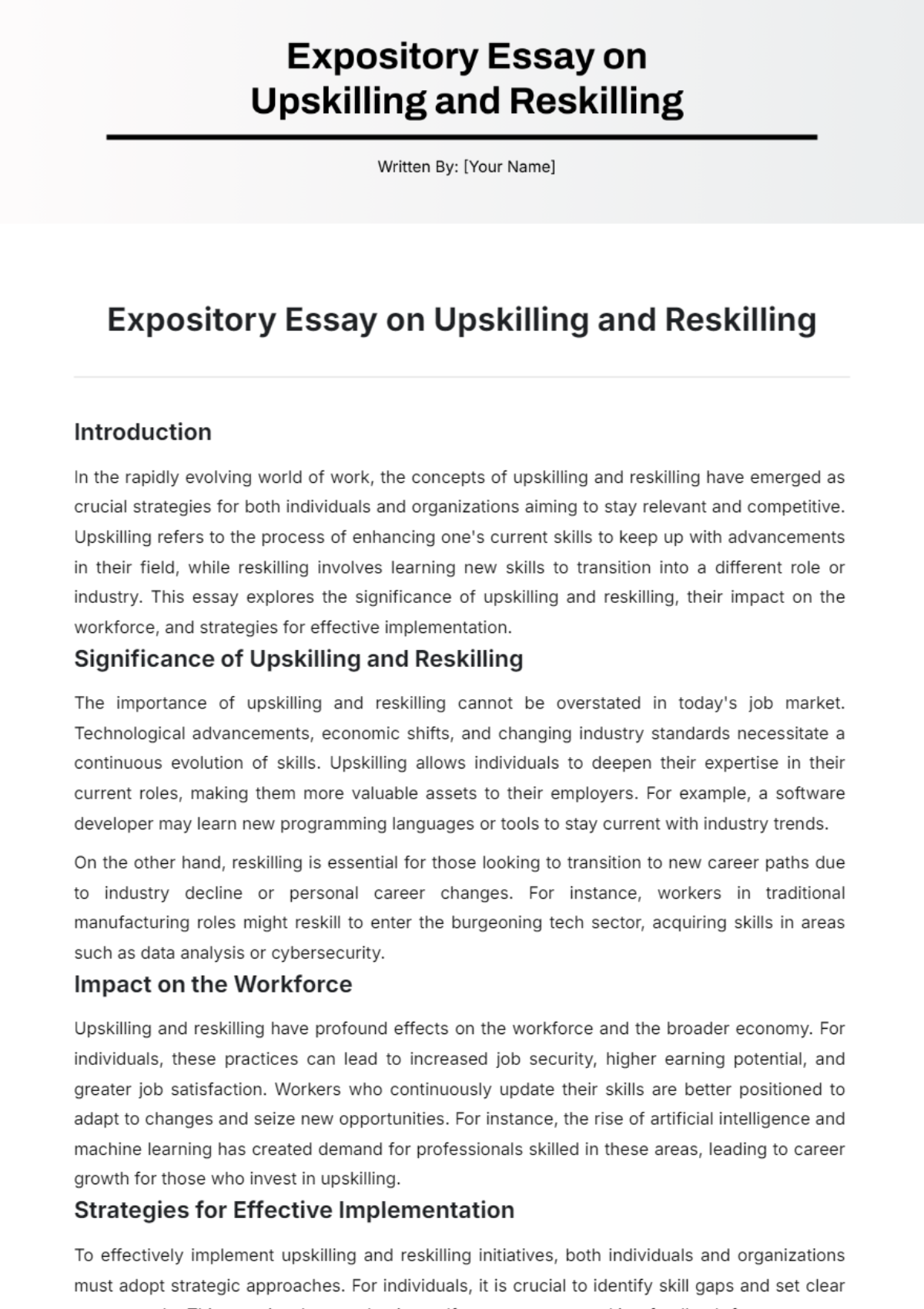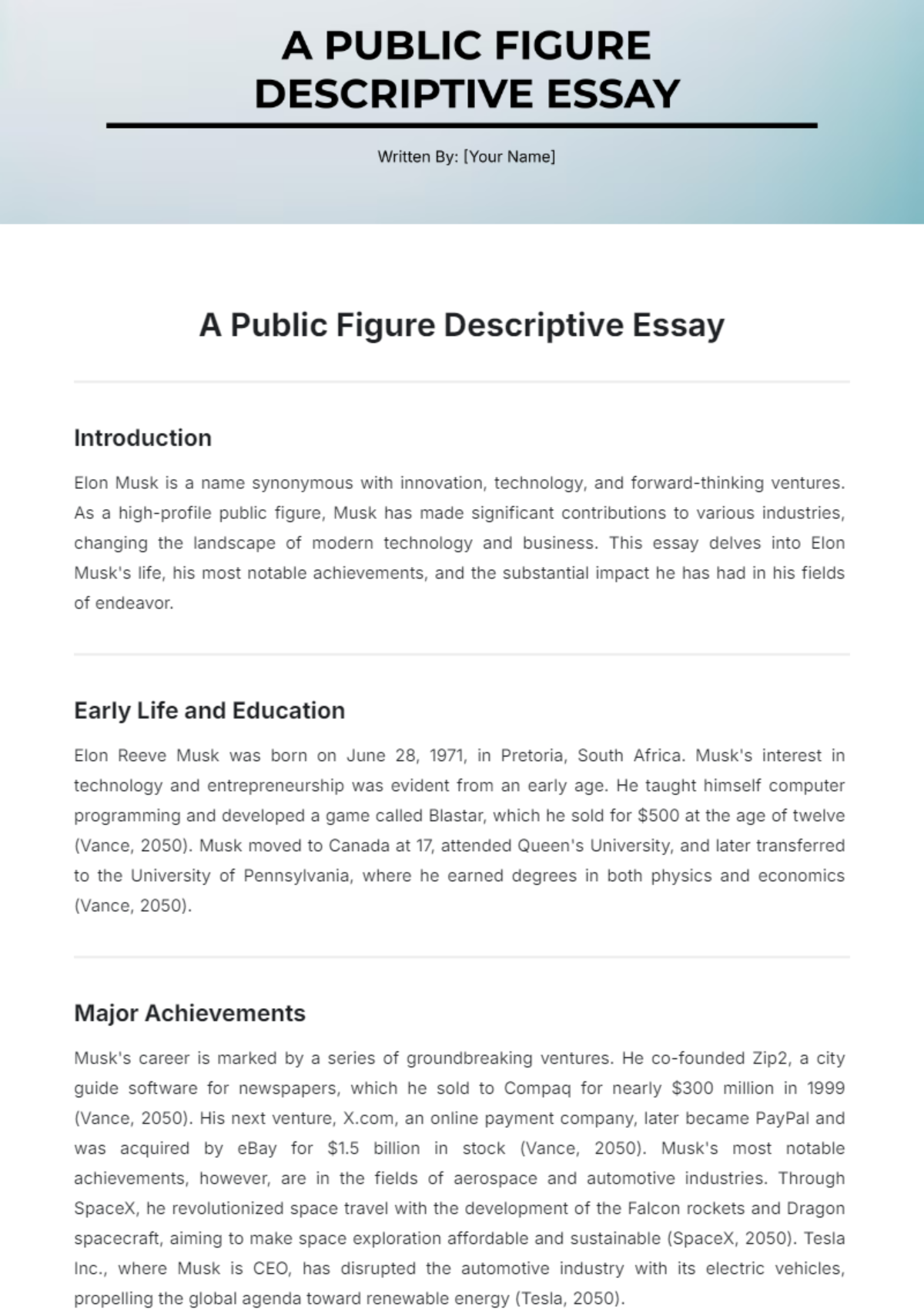Affects of Technology to Elderly Descriptive Essay
Written by: [Your Name]
The rapid advancement of technology has significantly transformed modern life, touching nearly every aspect of our daily routines. For the elderly, technology offers both unprecedented opportunities and unique challenges. This descriptive essay explores the multifaceted effects of technology on older adults, highlighting its impact on their health, social interactions, and overall well-being. By delving into these aspects, we gain a clearer understanding of how technology shapes the lives of the elderly.
One of the most profound effects of technology on the elderly is its impact on health management. Advances in medical technology, such as wearable health monitors and telemedicine platforms, have revolutionized how older adults manage their health. Wearable devices like smartwatches can track vital signs, monitor physical activity, and even alert caregivers in case of emergencies. Telemedicine allows seniors to consult with healthcare professionals remotely, reducing the need for travel and facilitating timely medical intervention. These innovations enhance the ability of elderly individuals to manage chronic conditions, adhere to treatment plans, and maintain a higher quality of life.
Technology also plays a crucial role in shaping the social interactions of elderly individuals. Communication tools such as smartphones, video calling applications, and social media platforms enable seniors to stay connected with family and friends, regardless of physical distance. This connectivity helps combat social isolation, a common issue among older adults. Video calls provide a face-to-face interaction that can be more fulfilling than traditional phone calls or letters. Additionally, online communities and social networks offer platforms for elderly individuals to engage in discussions, share interests, and form new friendships, fostering a sense of belonging and reducing loneliness.
Despite its benefits, technology presents several challenges for the elderly. Many older adults face difficulties in adapting to new technologies due to factors such as limited technical skills, physical impairments, or cognitive decline. The complexity of some devices and applications can be overwhelming, leading to frustration and decreased usage. Additionally, concerns about privacy and security are prevalent, as elderly individuals may be more vulnerable to scams and cyber-attacks. Addressing these challenges involves designing user-friendly technologies, providing adequate training, and implementing robust security measures to protect the elderly from potential risks.
In conclusion, technology has a profound impact on the lives of elderly individuals, offering both substantial benefits and notable challenges. Through improved health management, enhanced social connectivity, and the need for adaptation, technology shapes the experiences of older adults in diverse ways. While it presents opportunities for greater independence and social engagement, it also requires thoughtful consideration of the challenges faced by seniors. By understanding and addressing these effects, we can better support the elderly in navigating the digital age and improving their overall quality of life.
